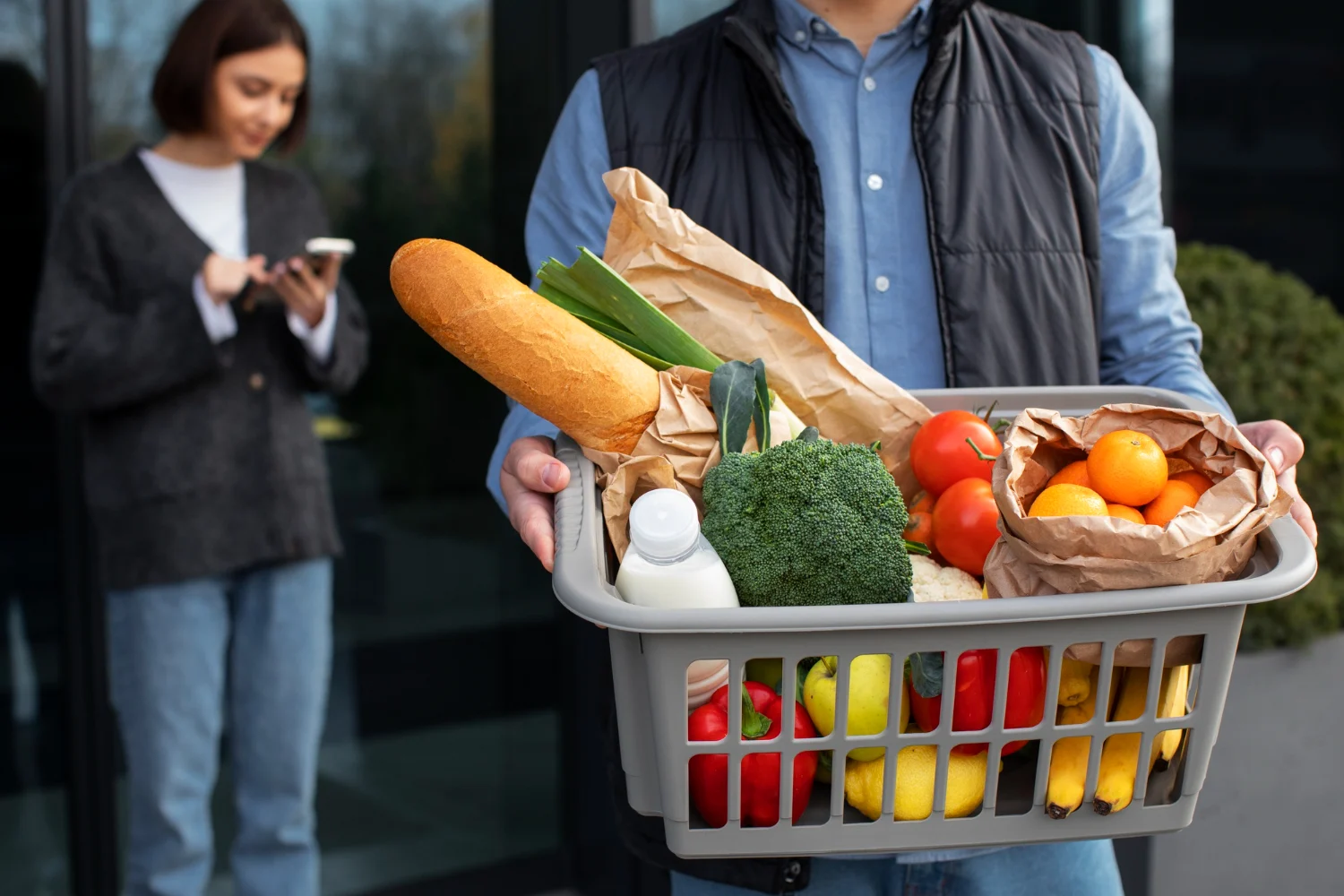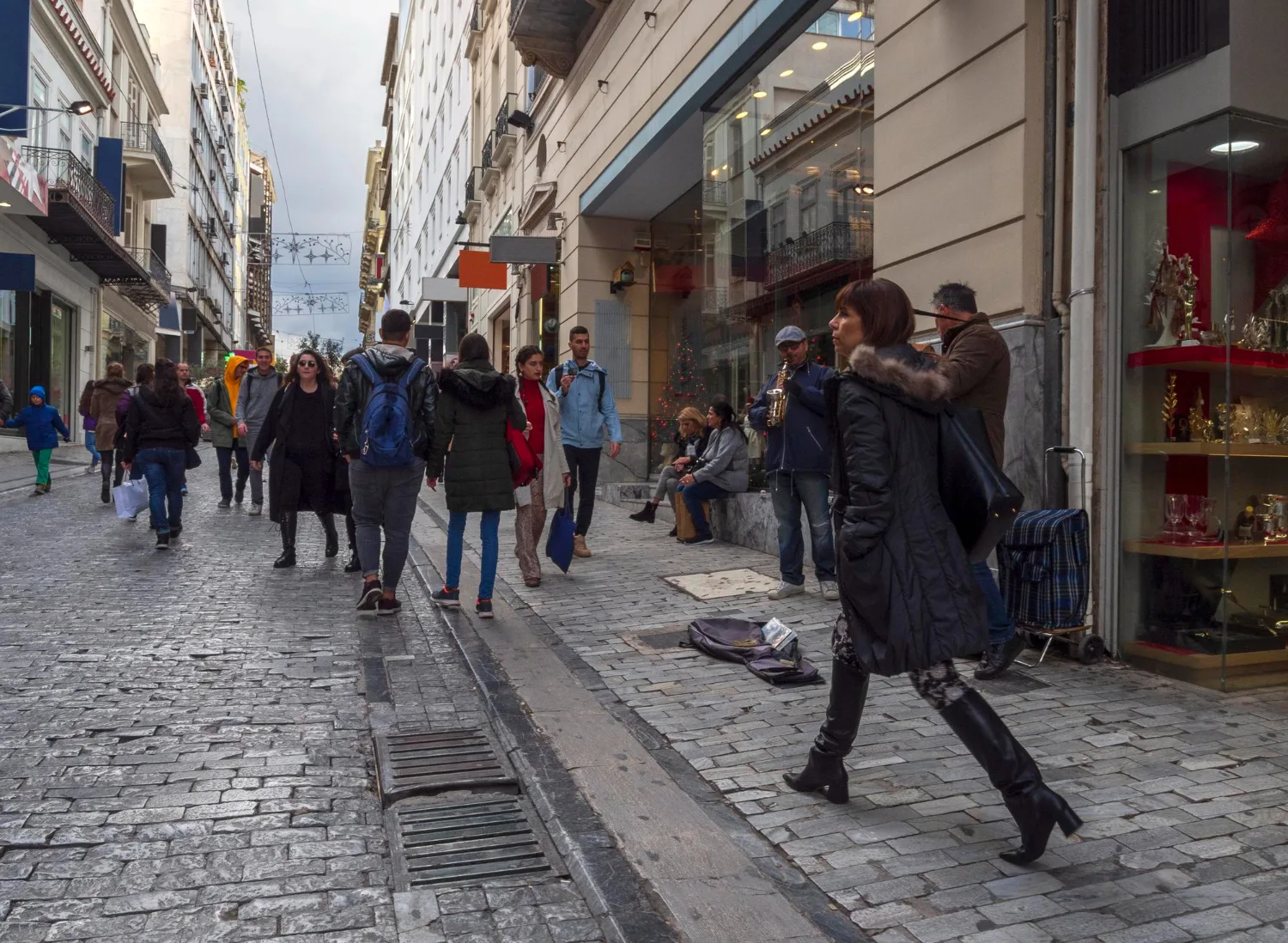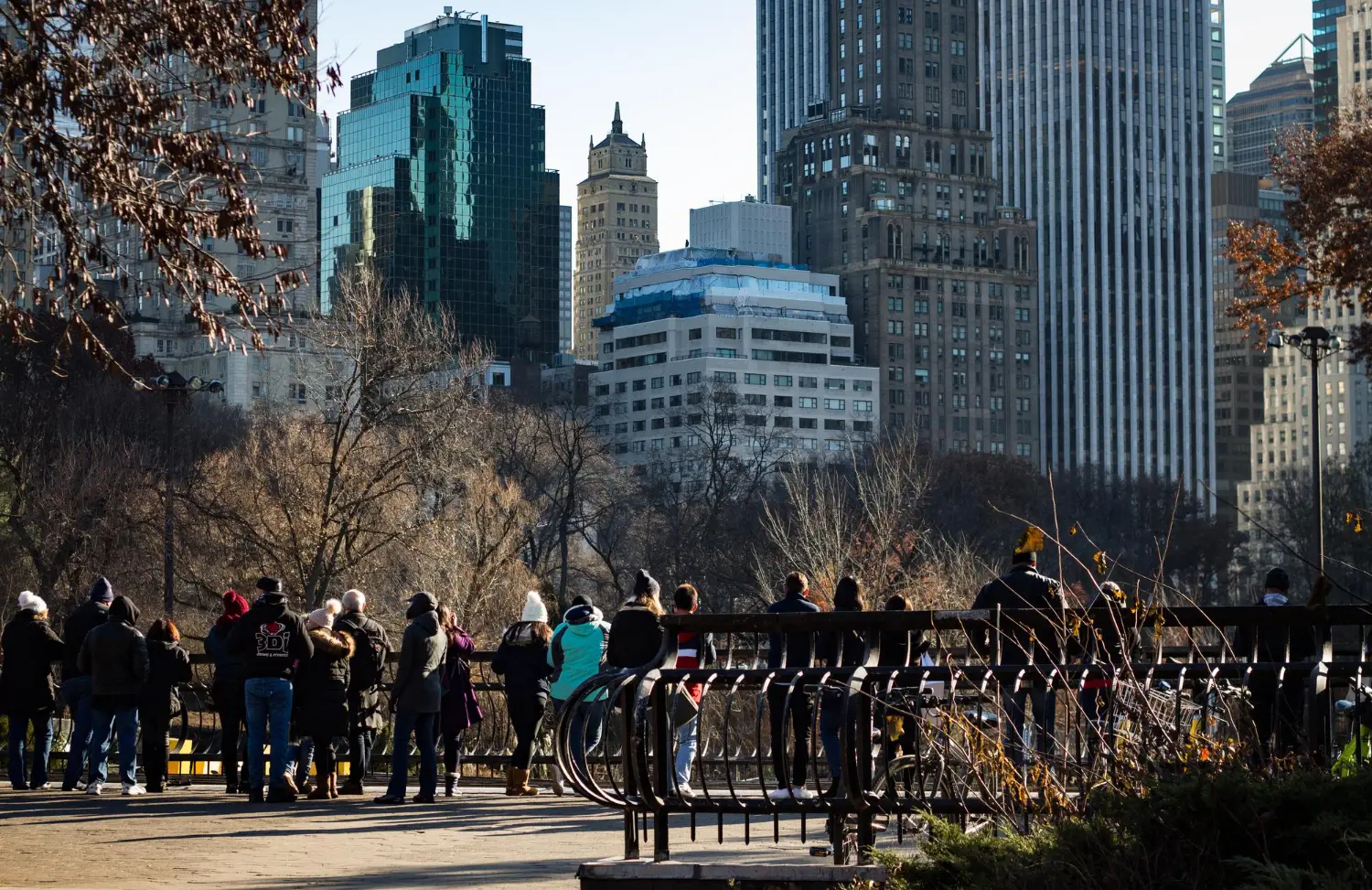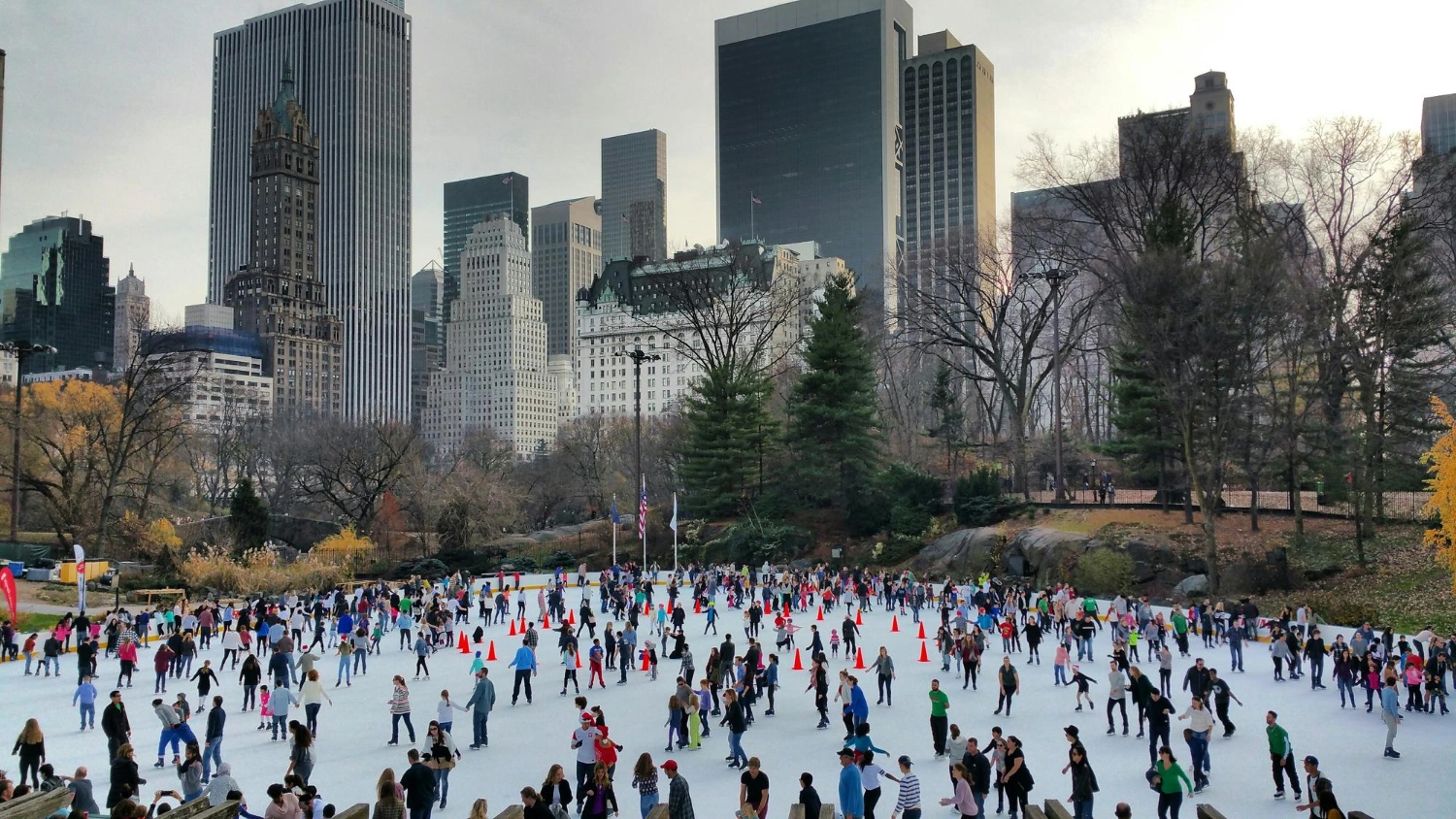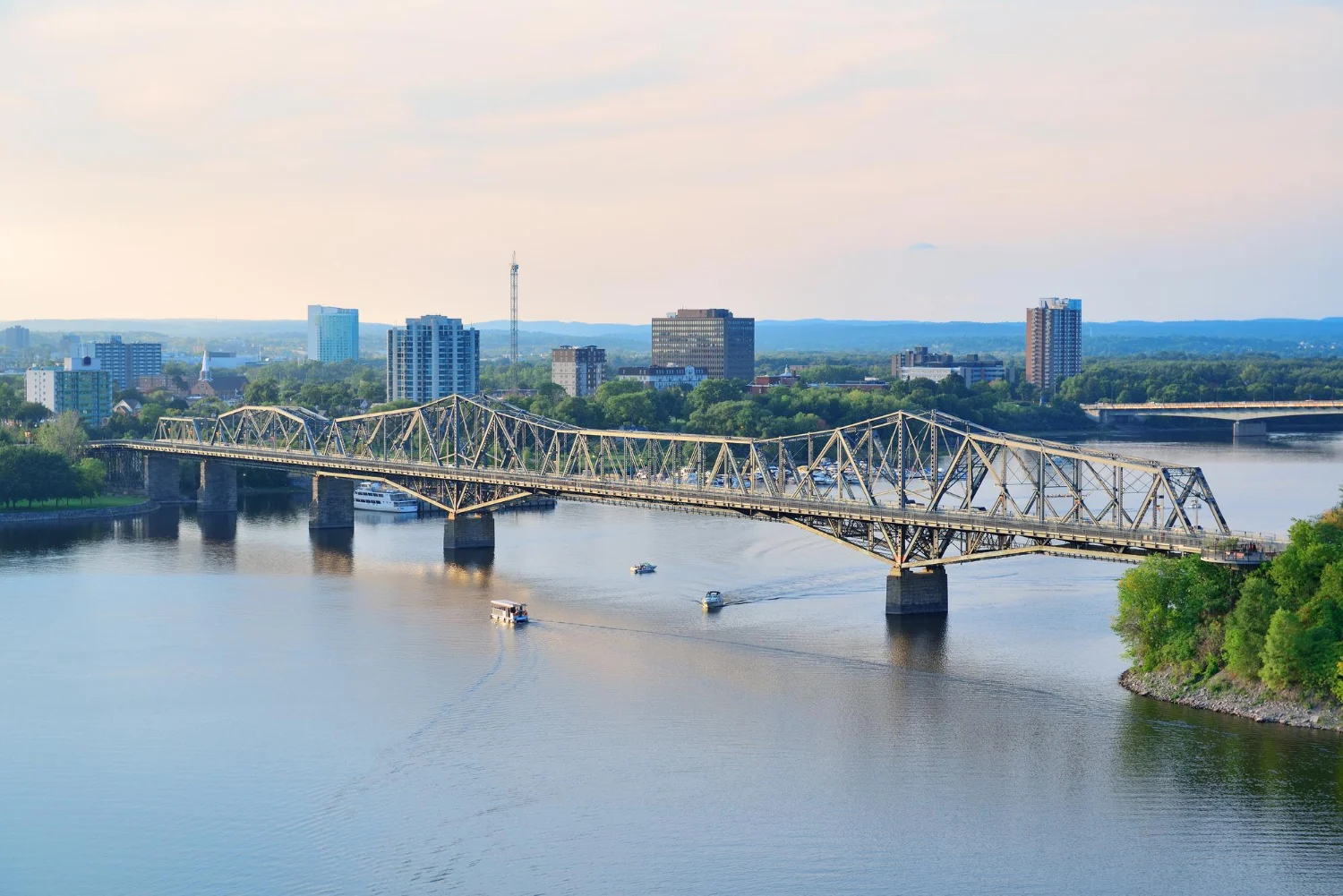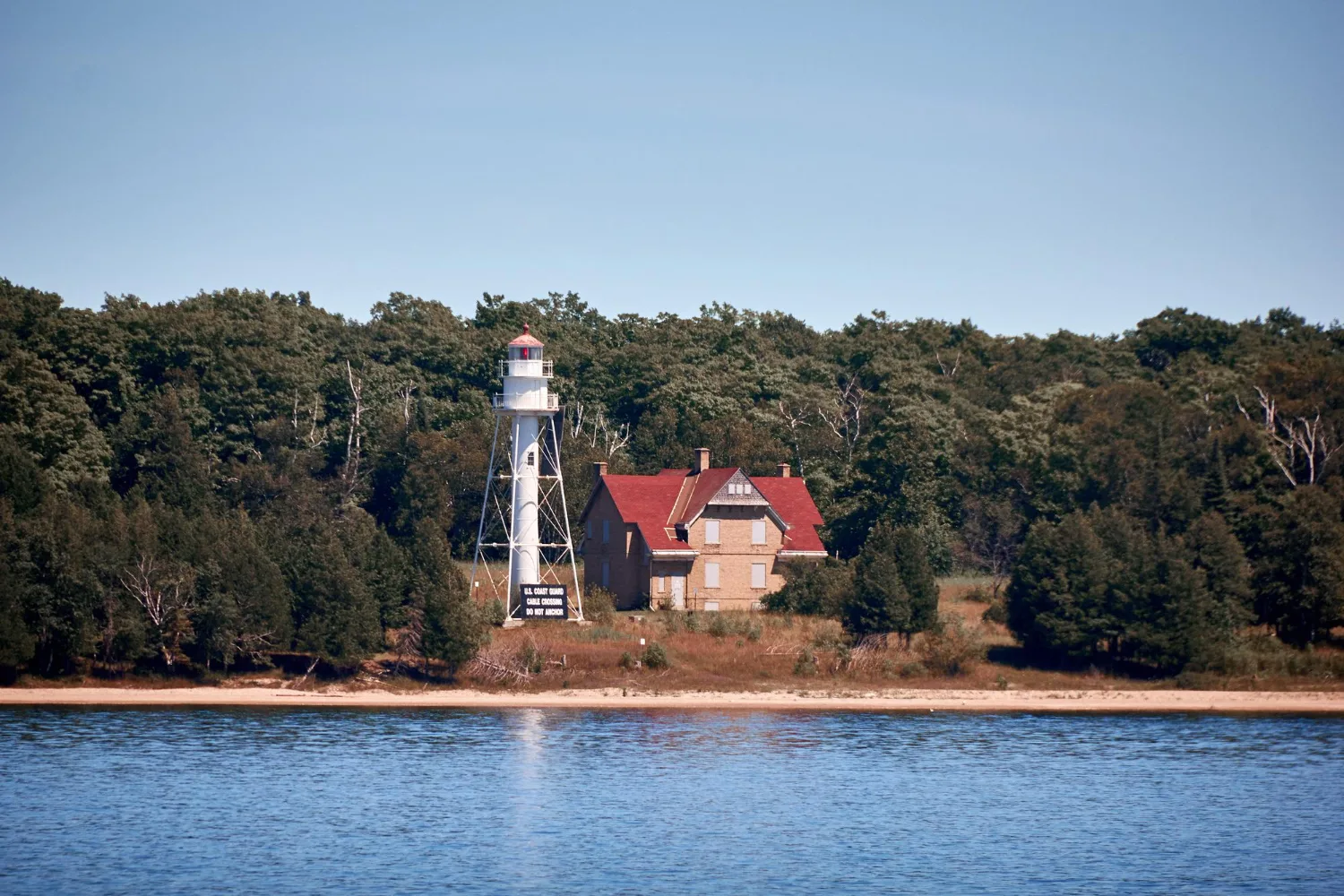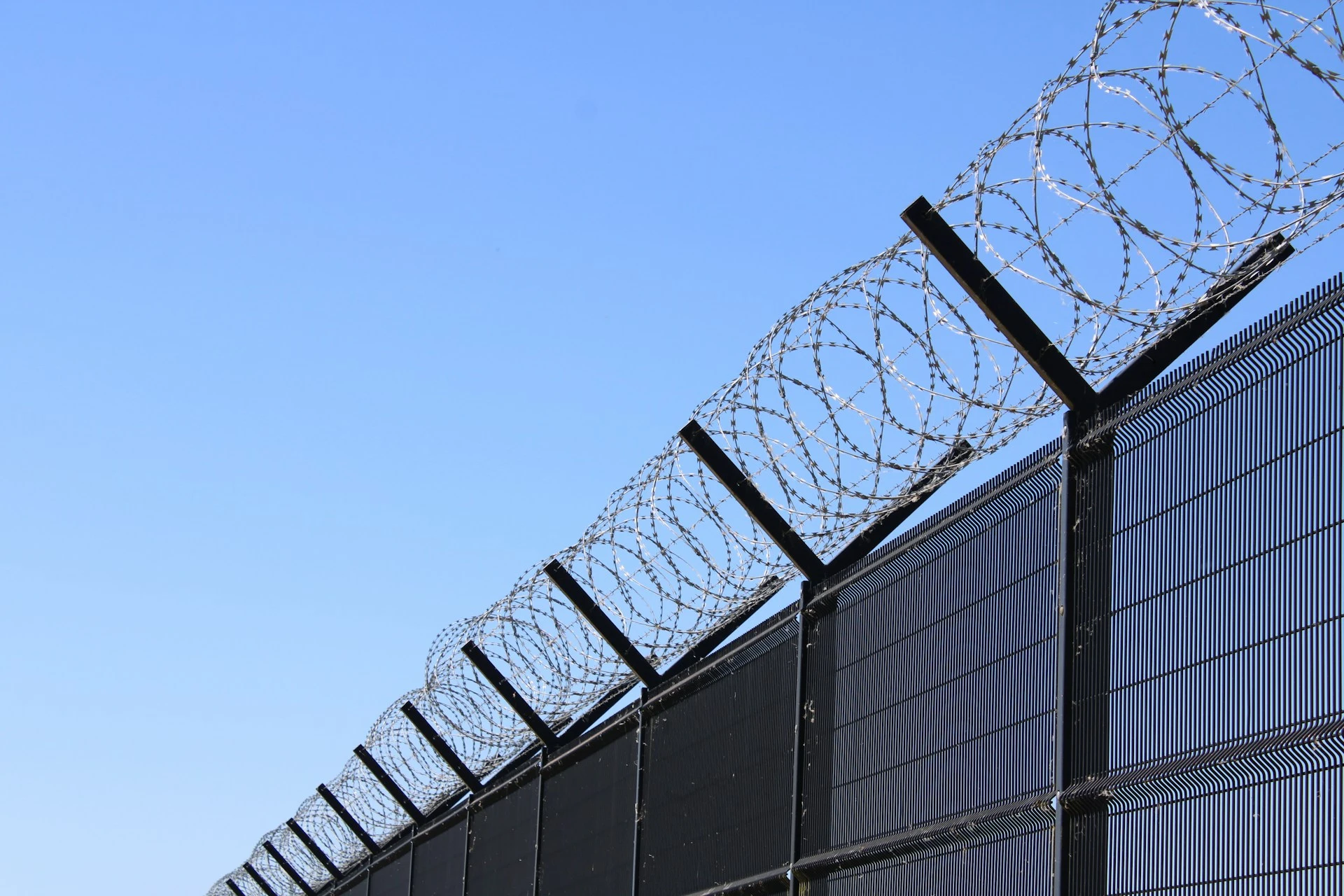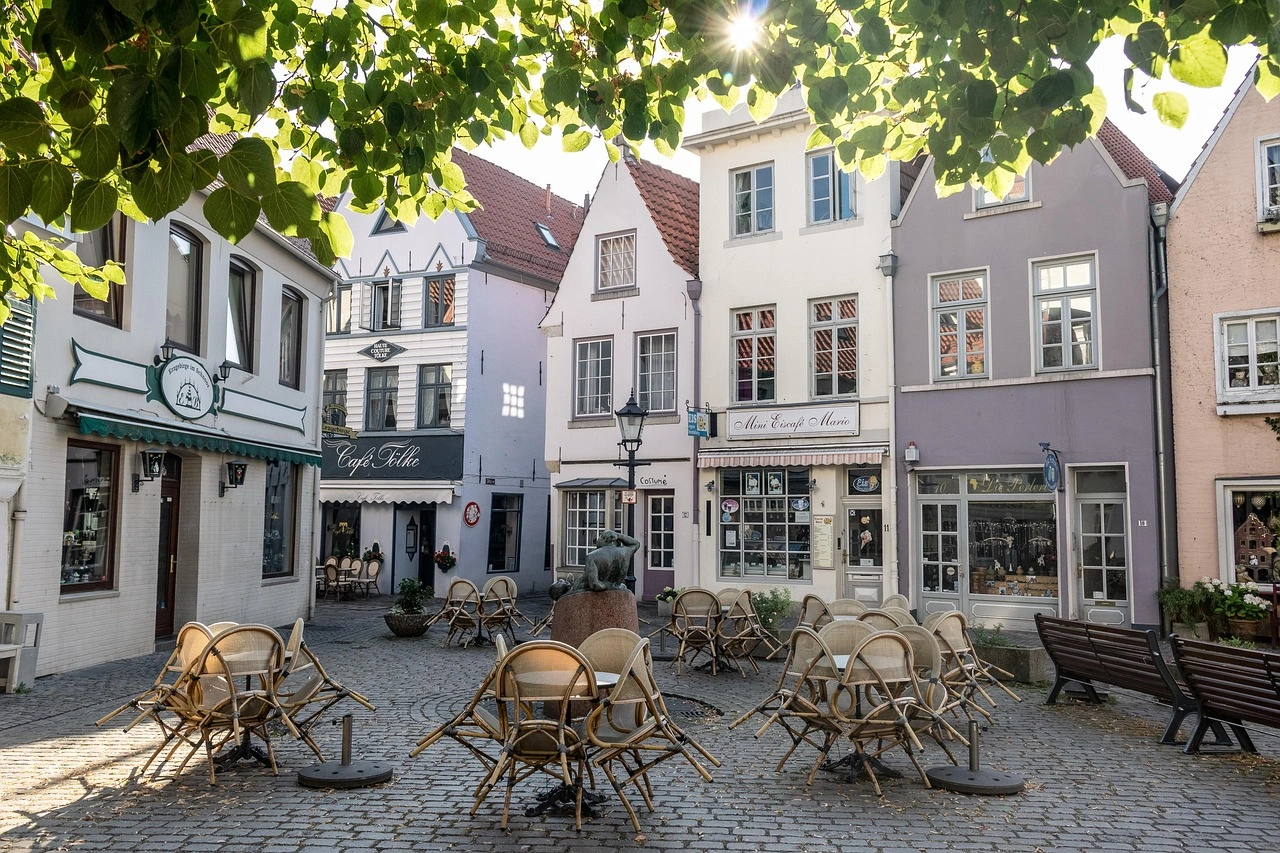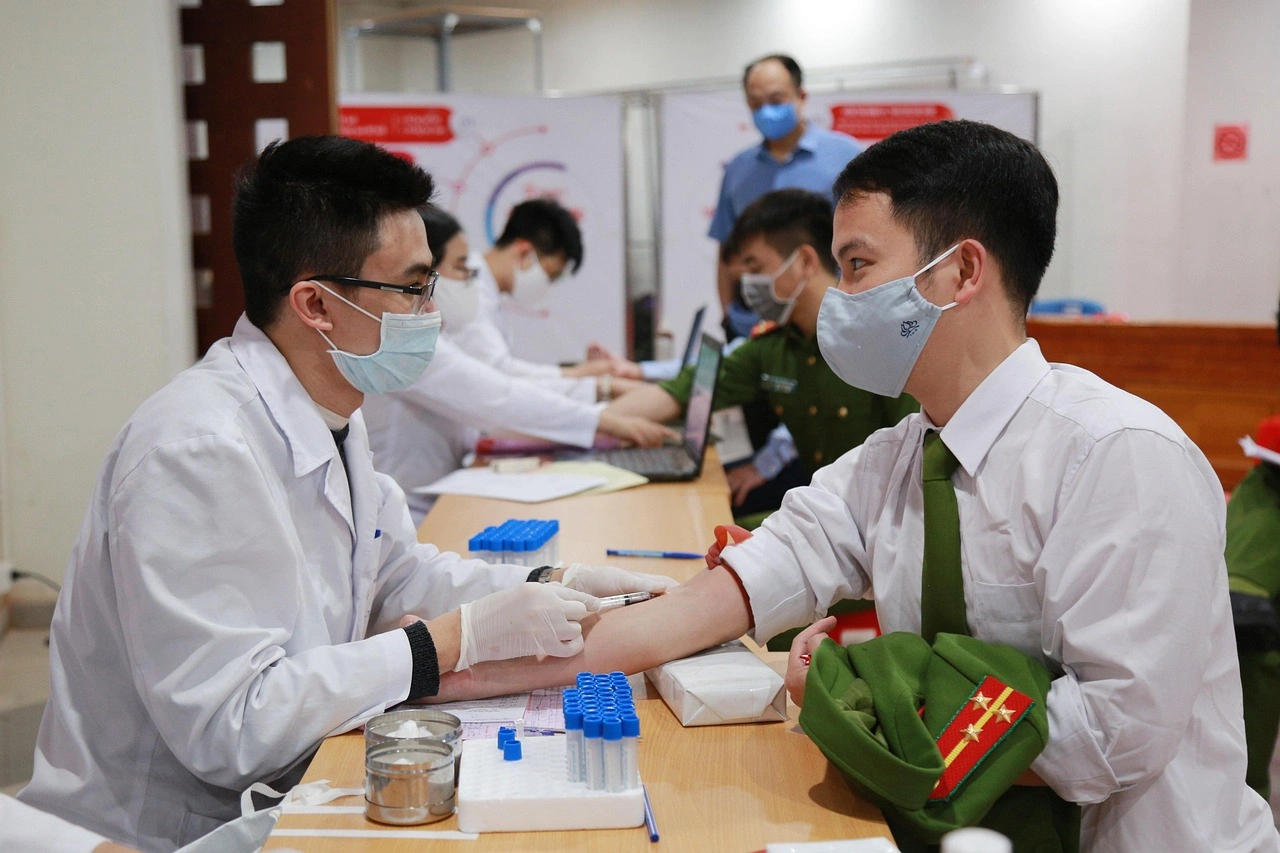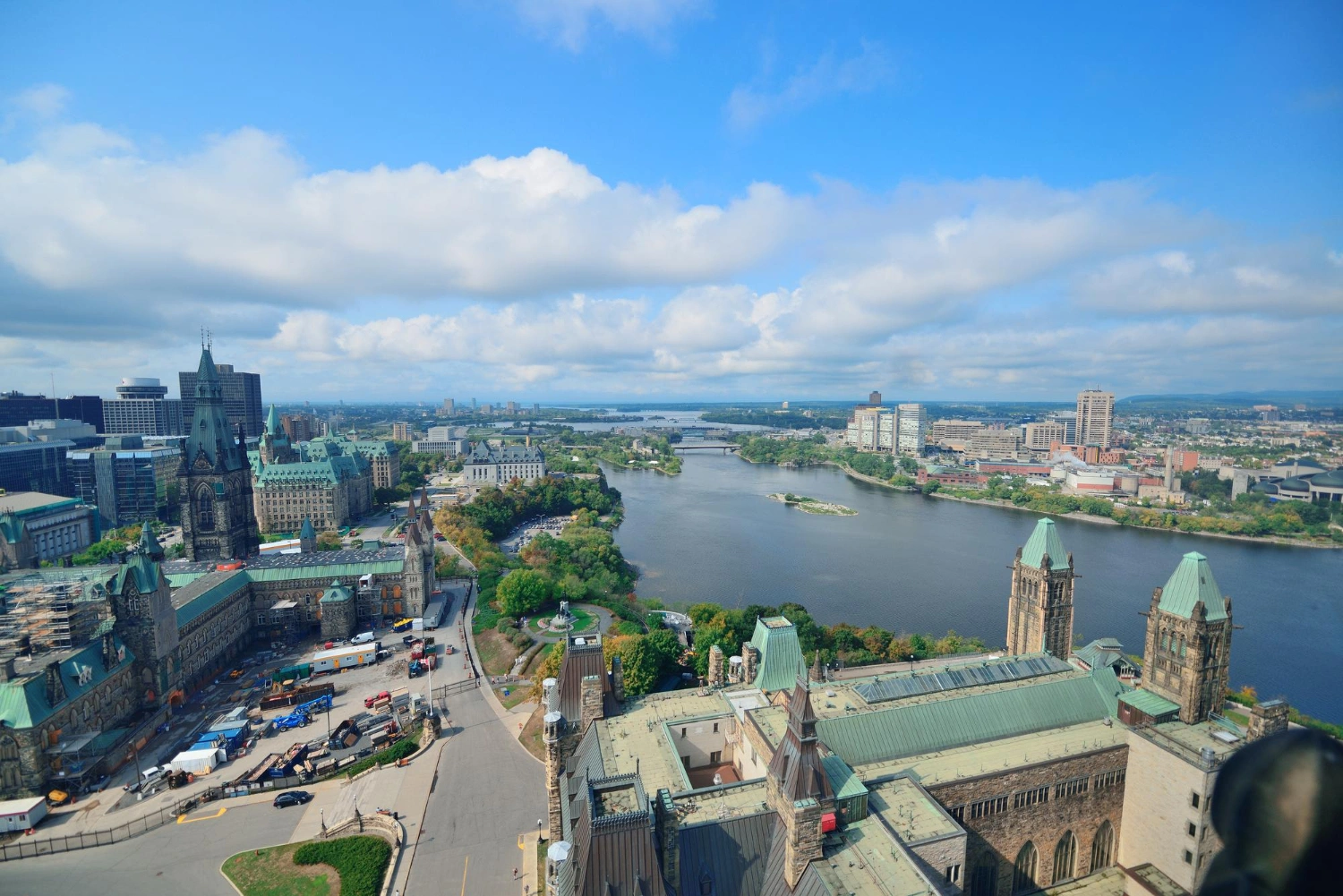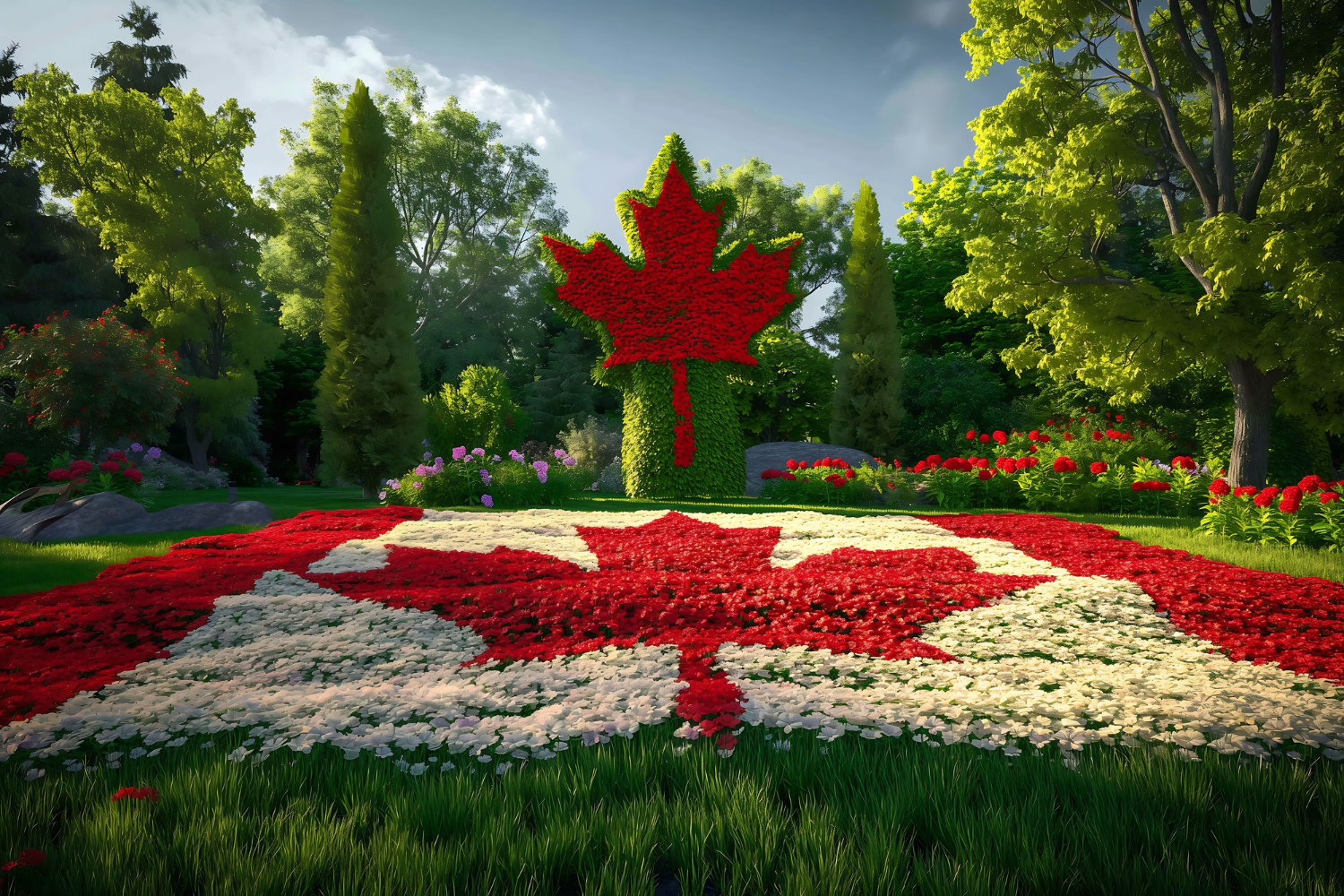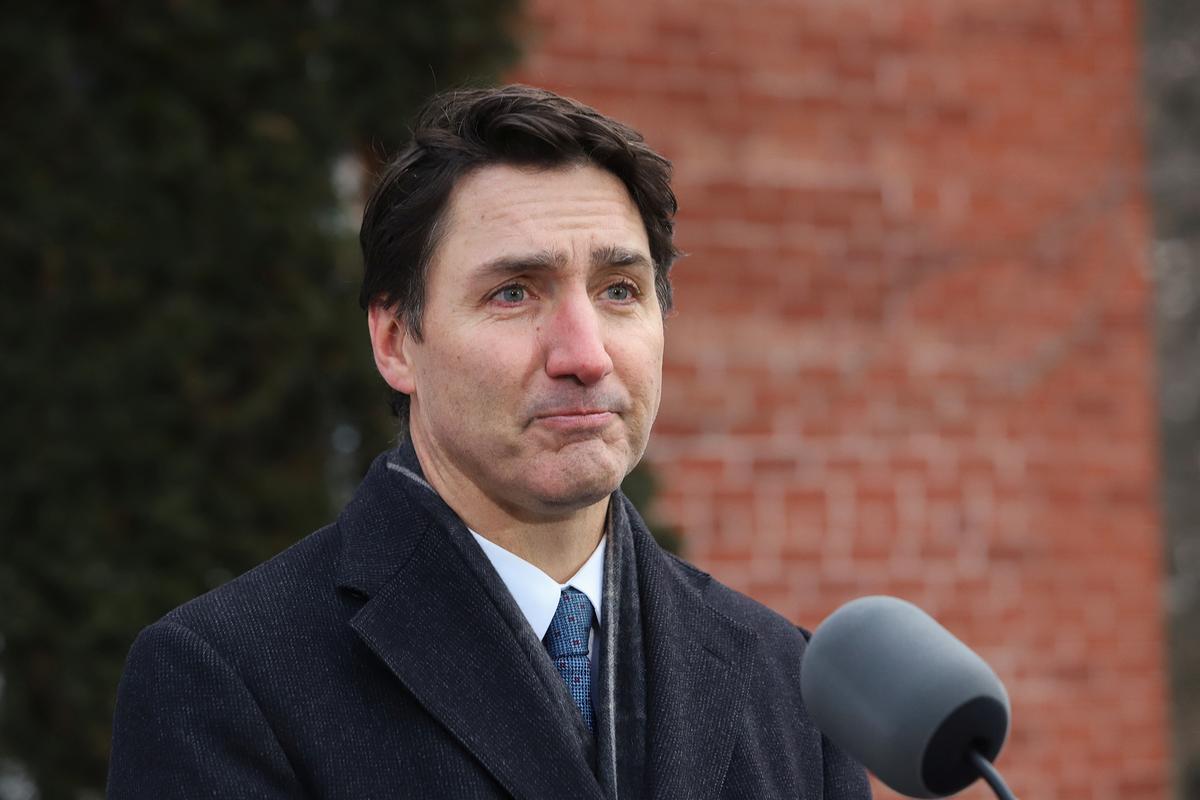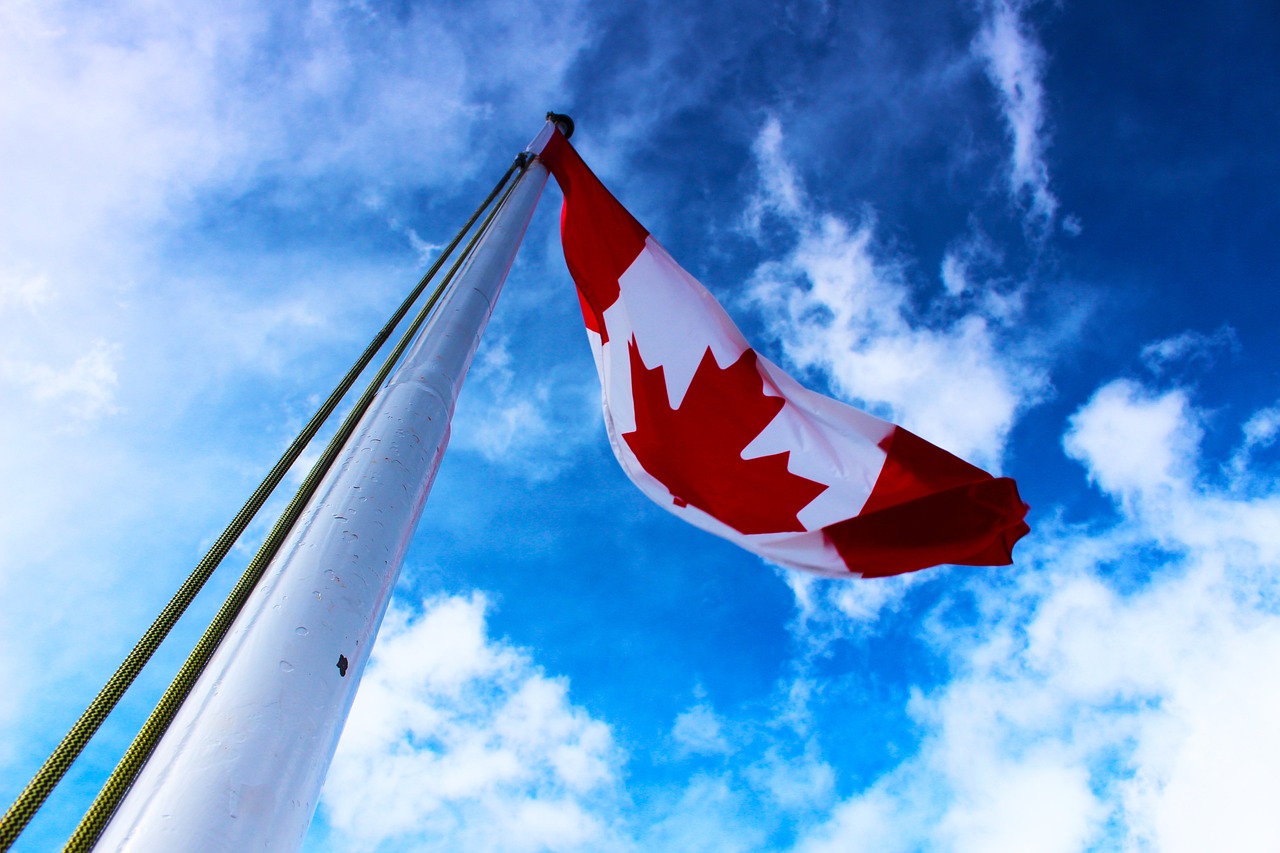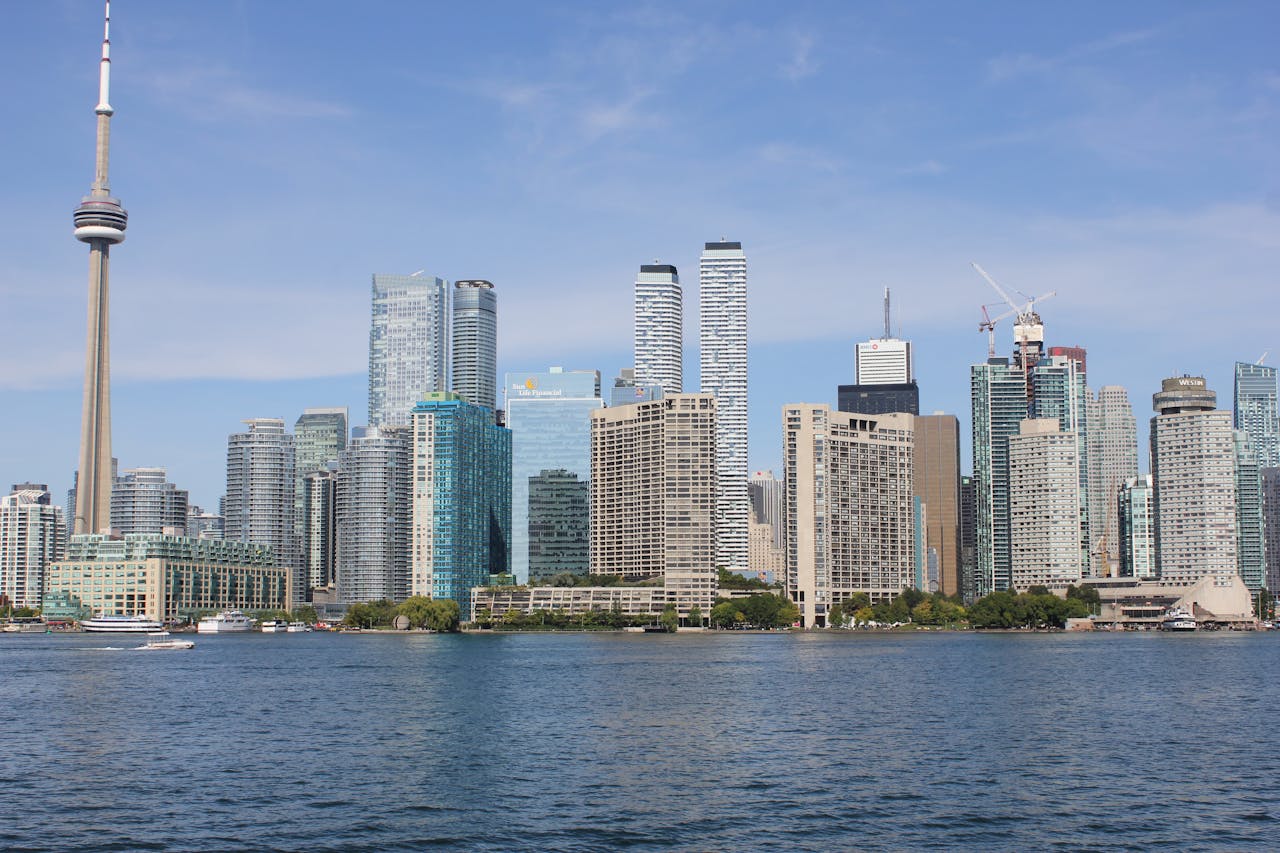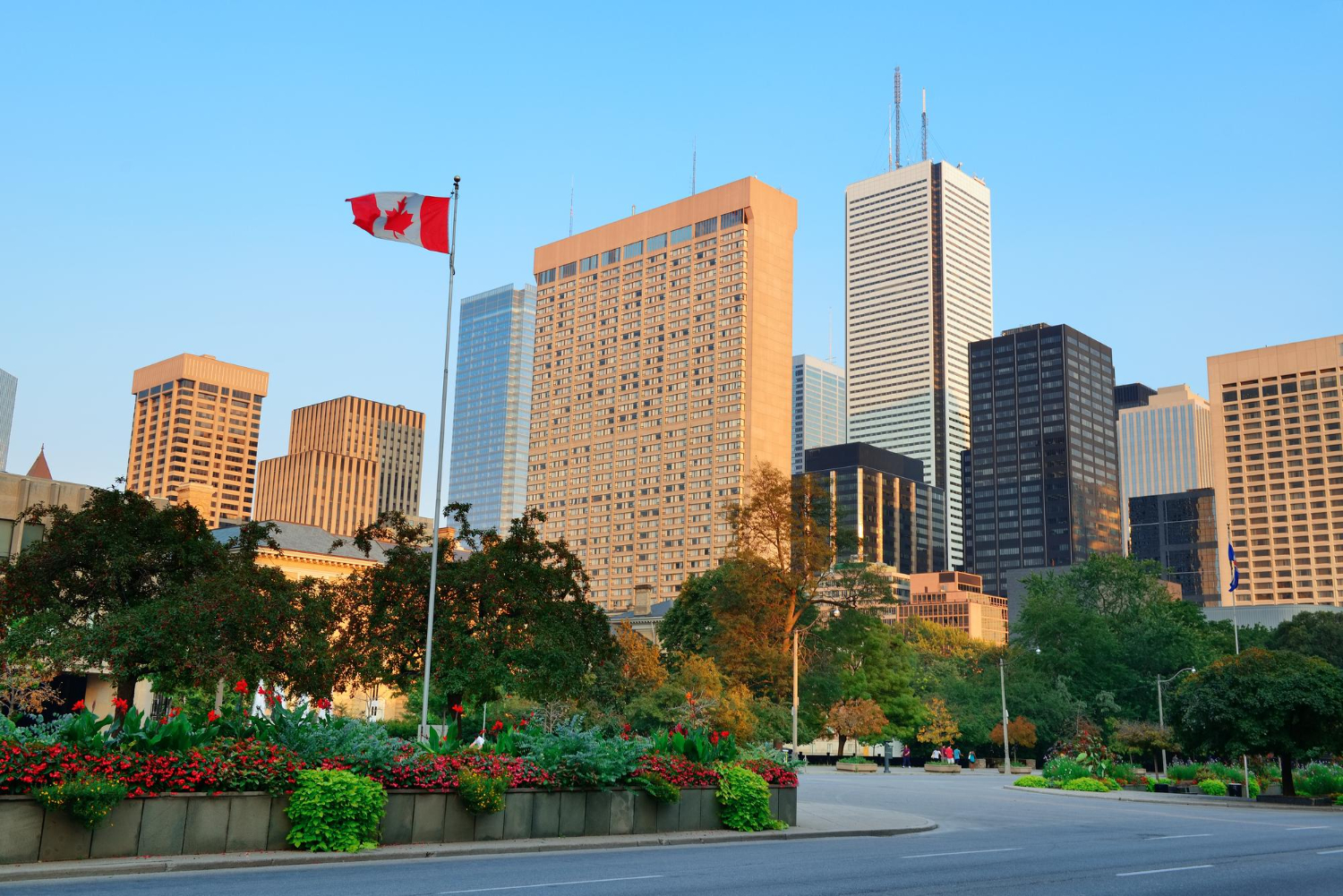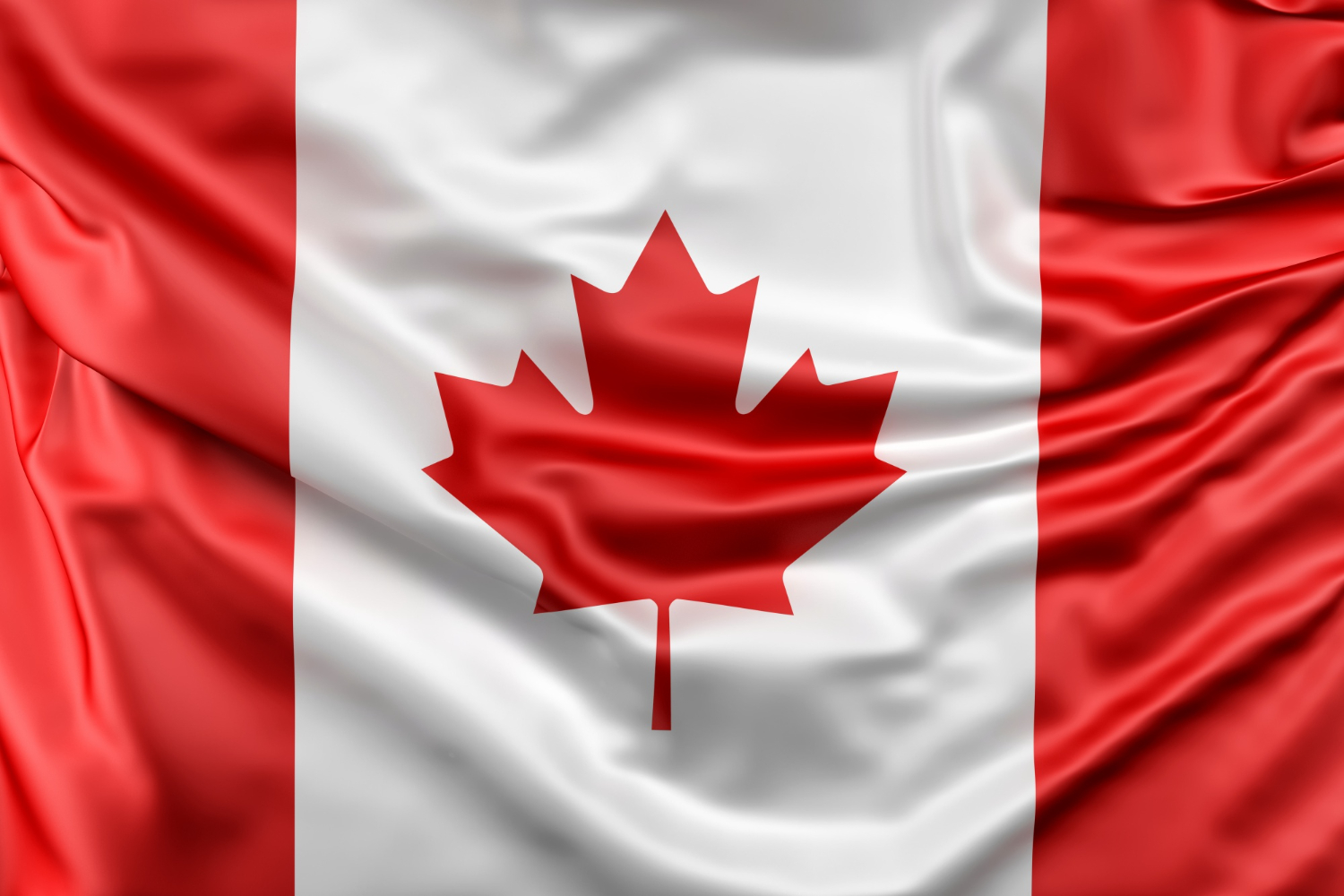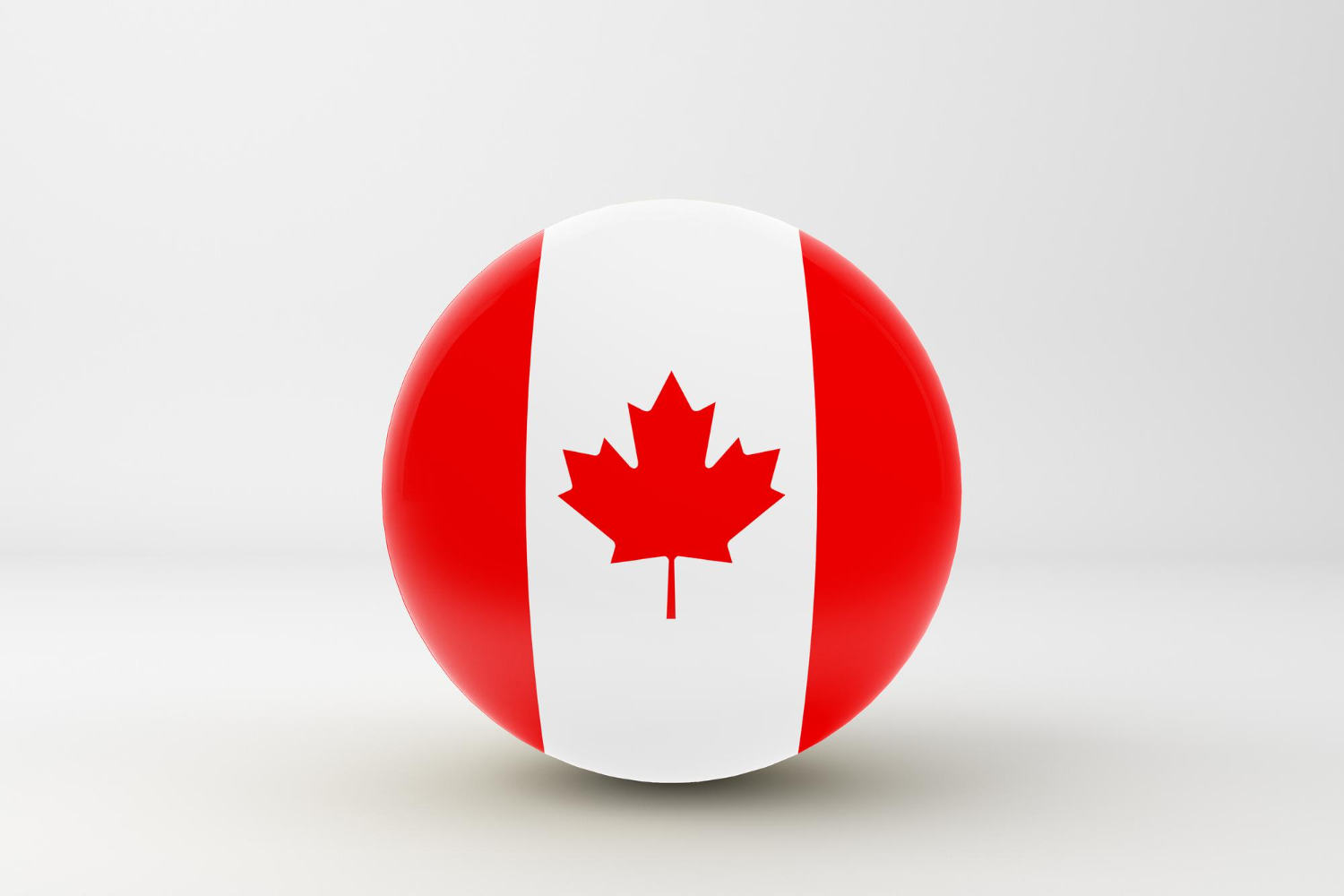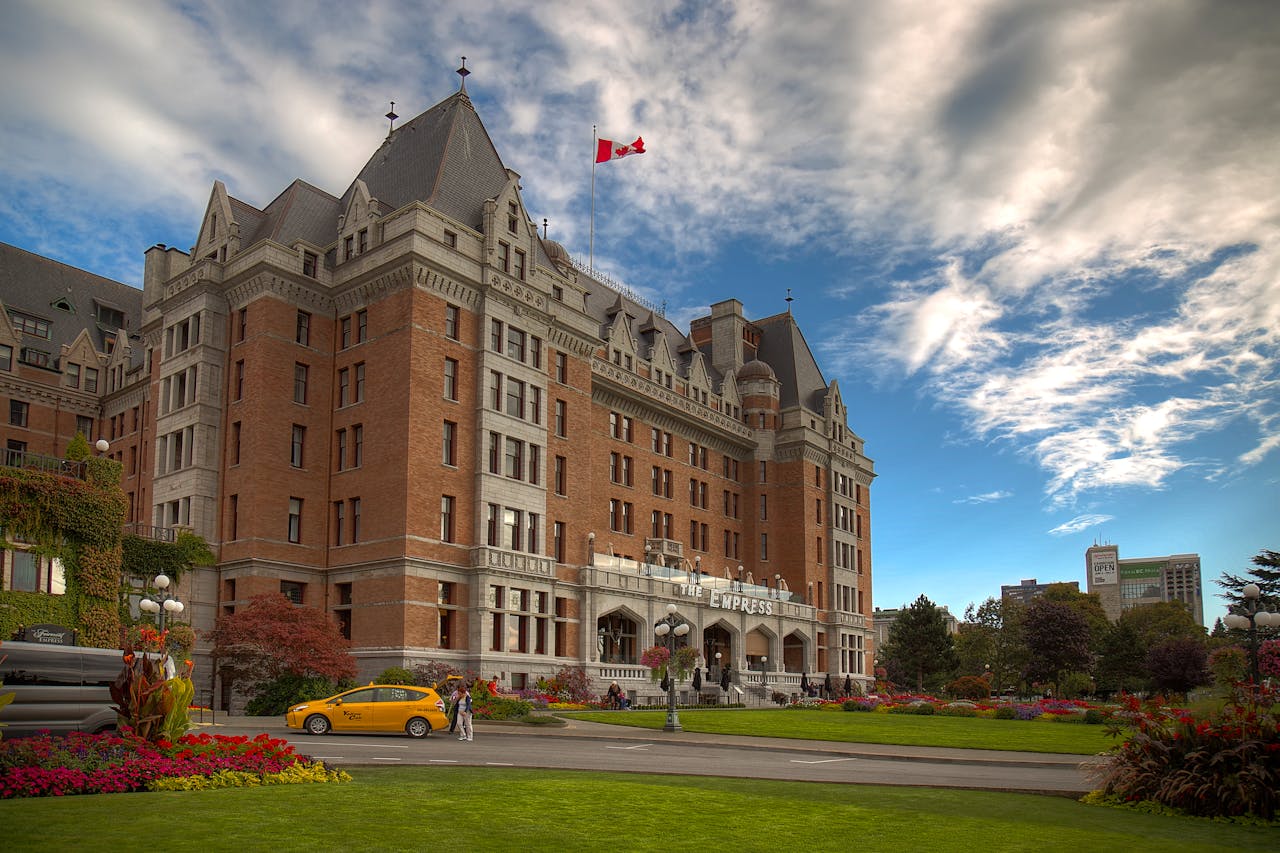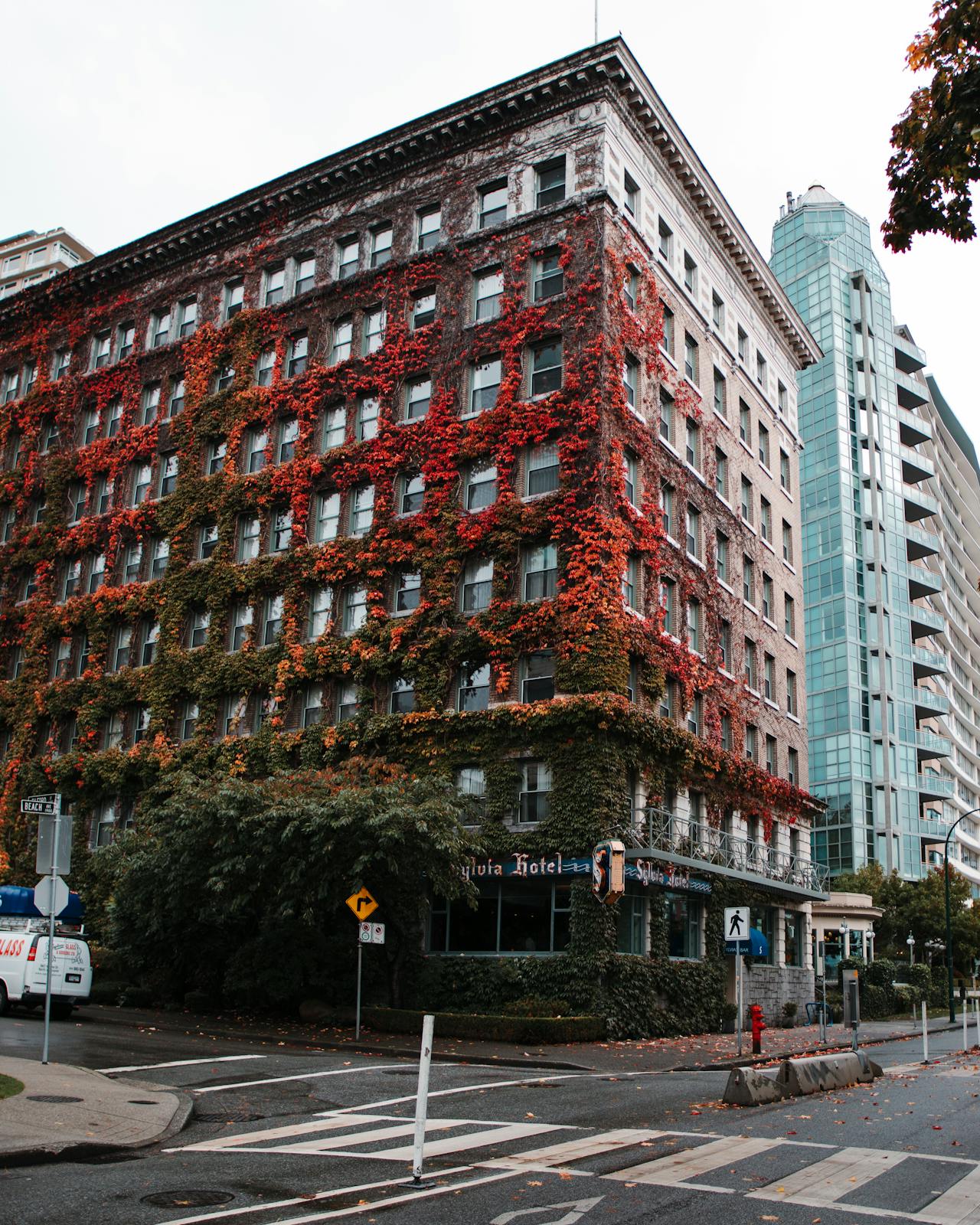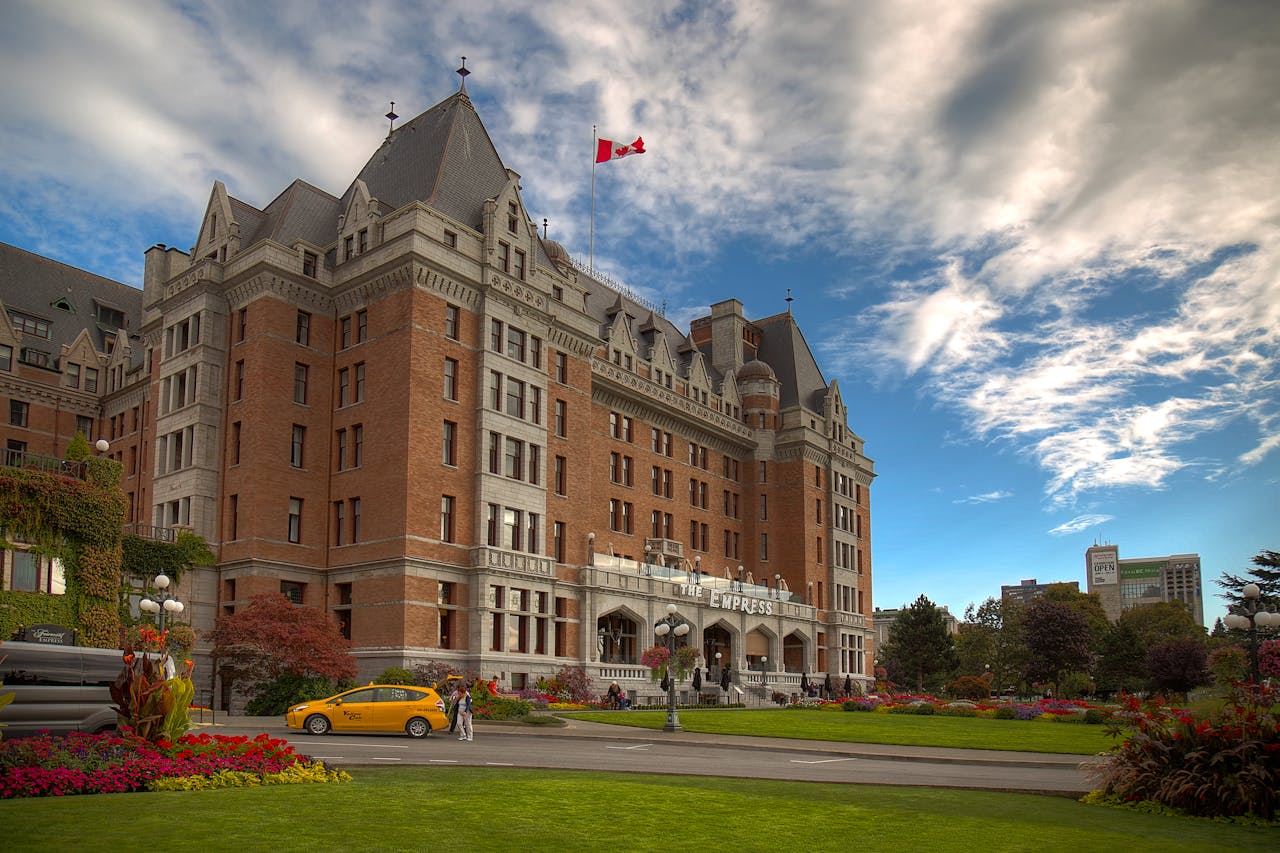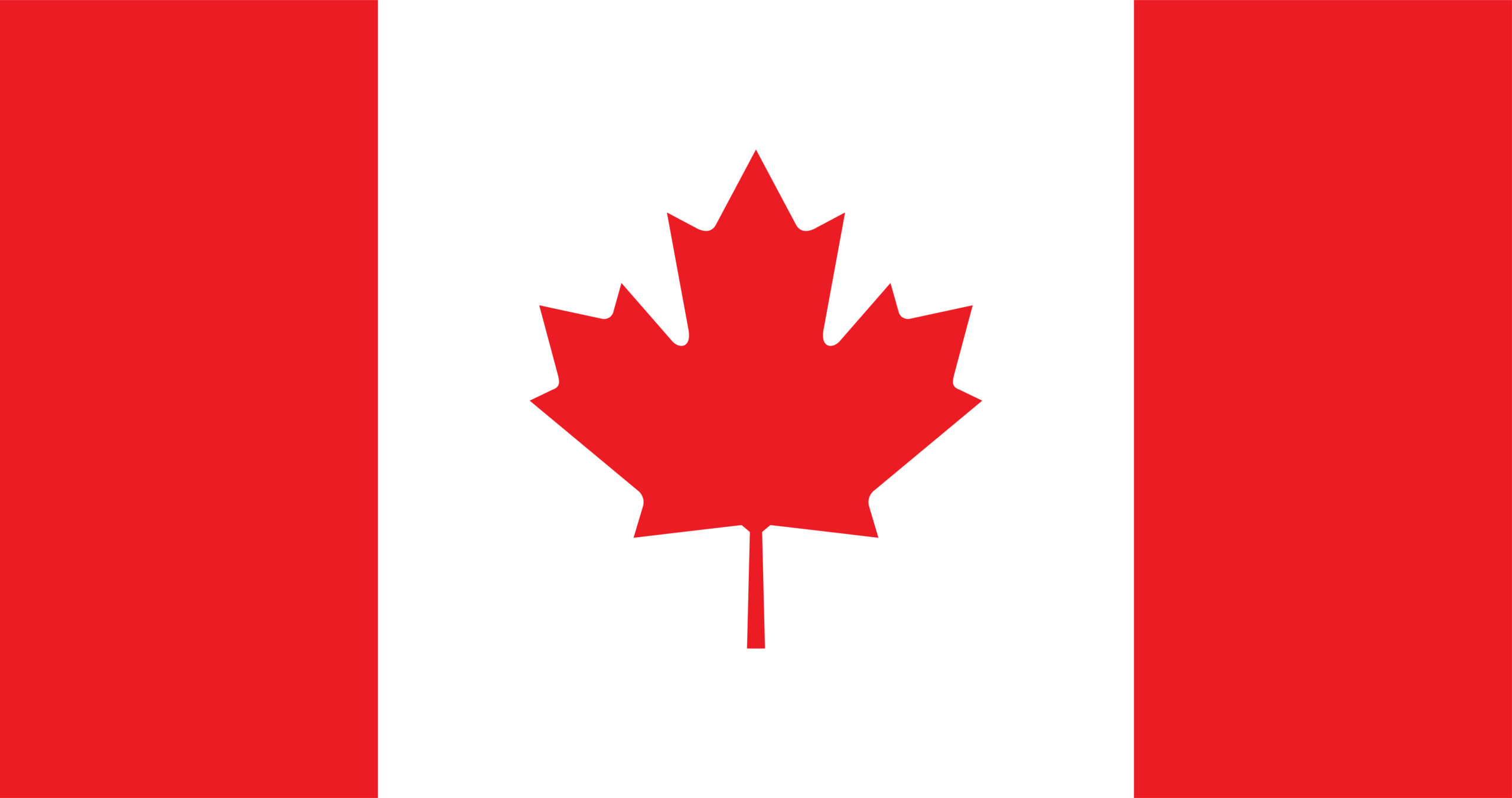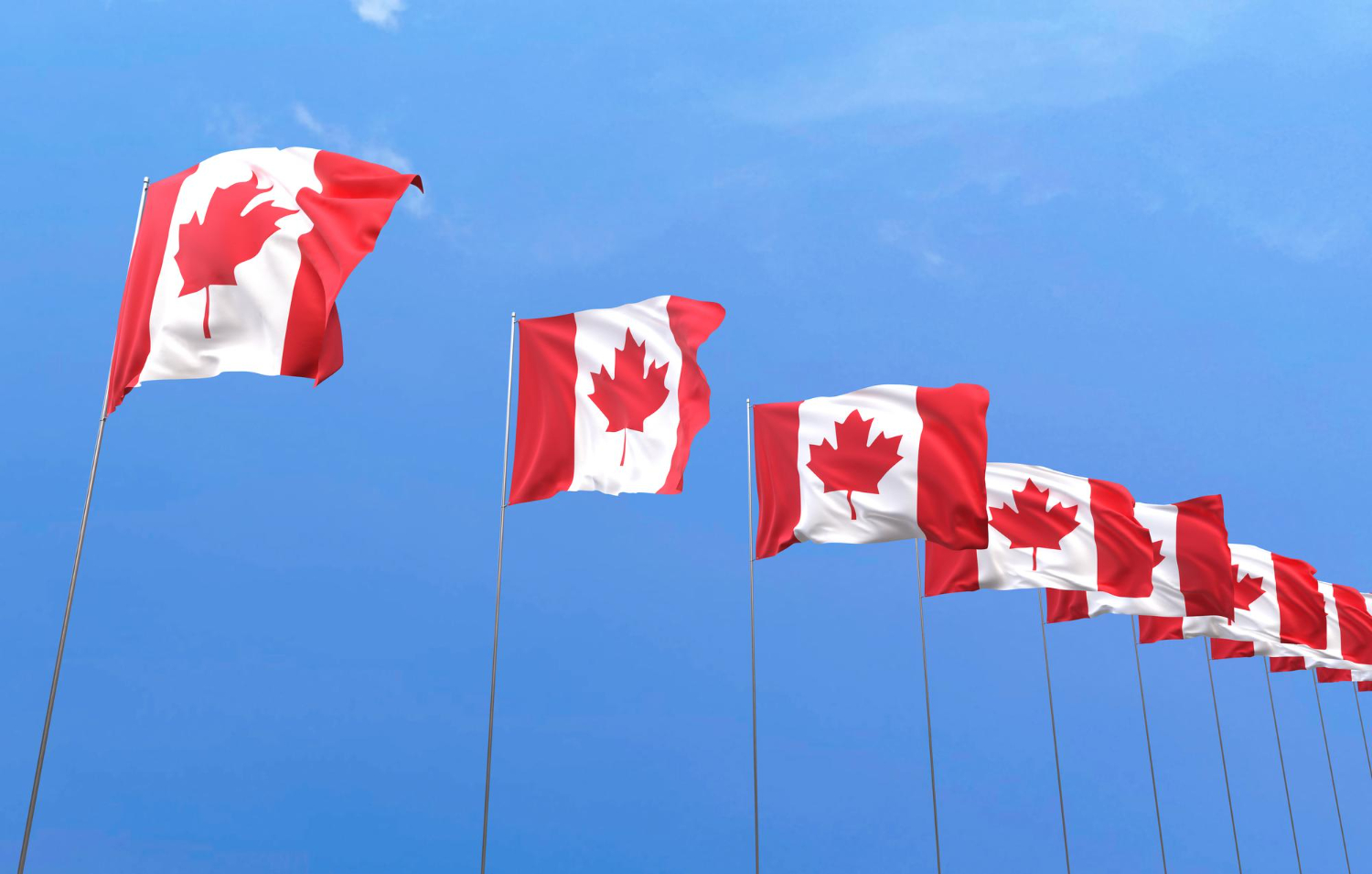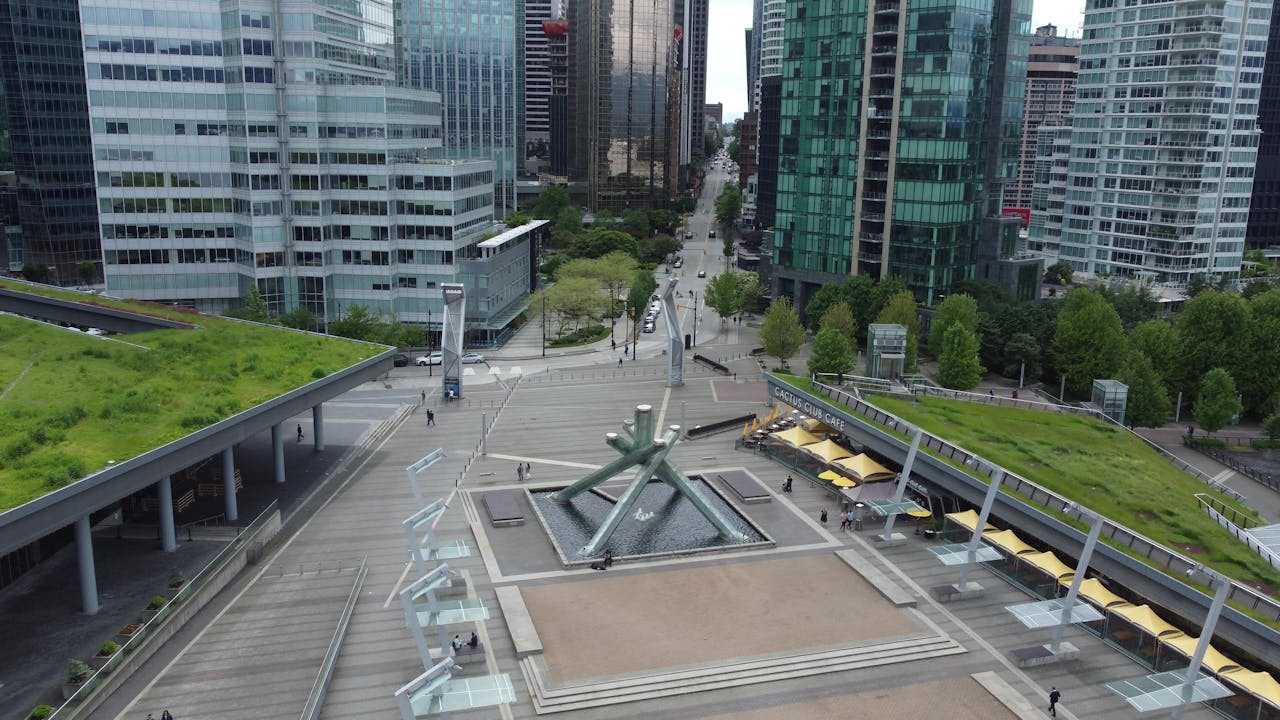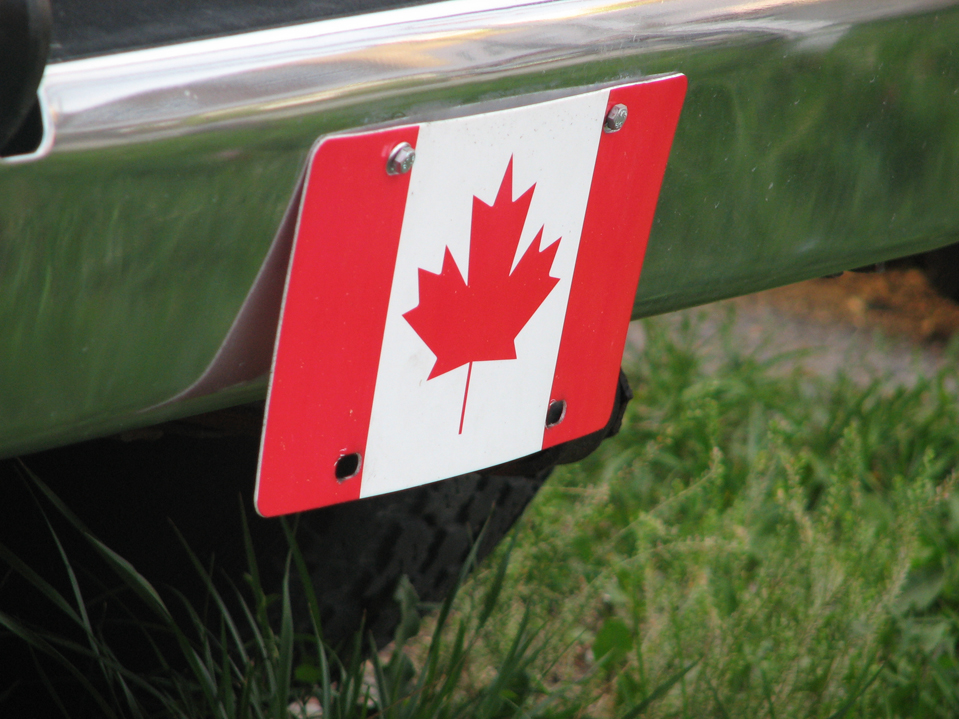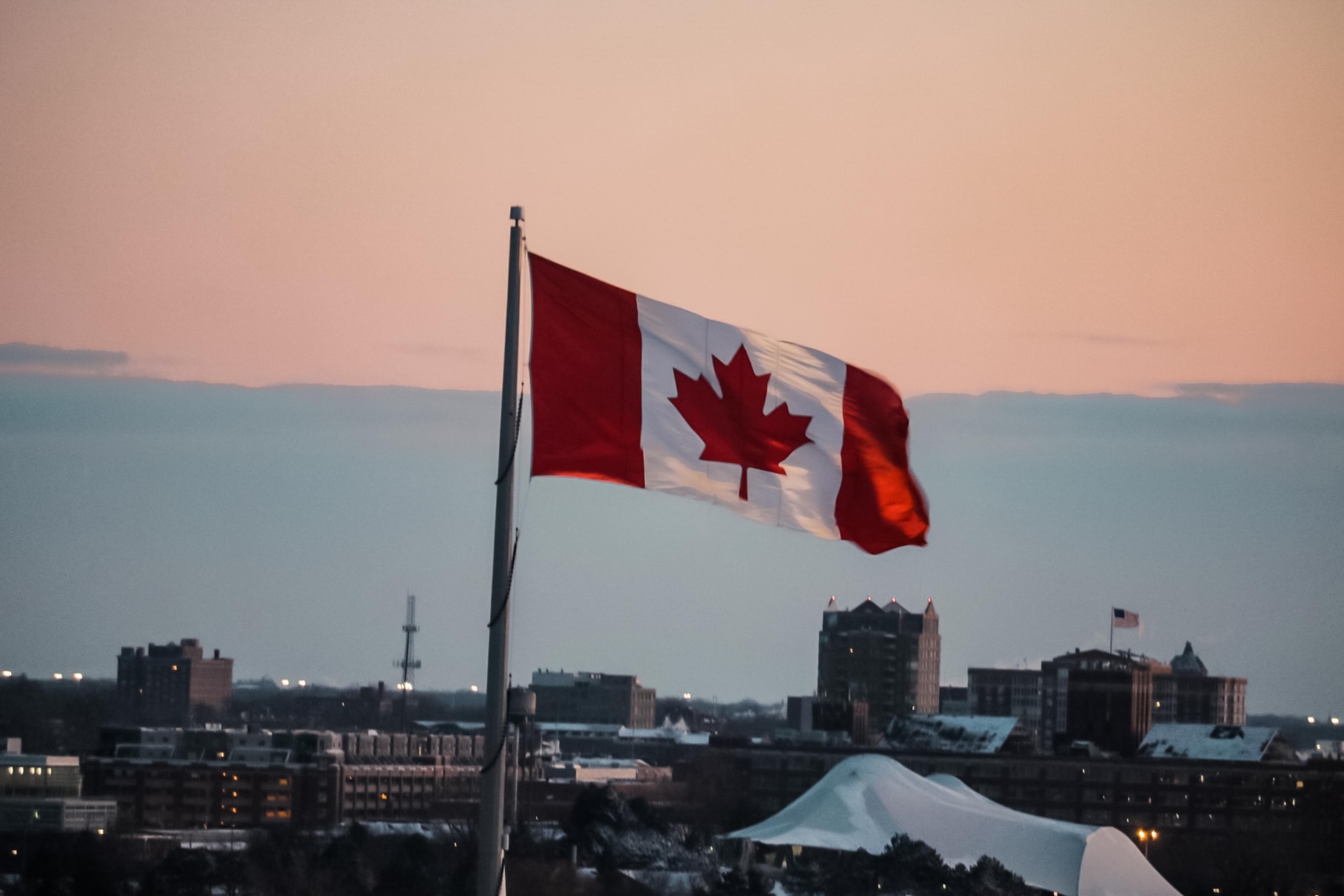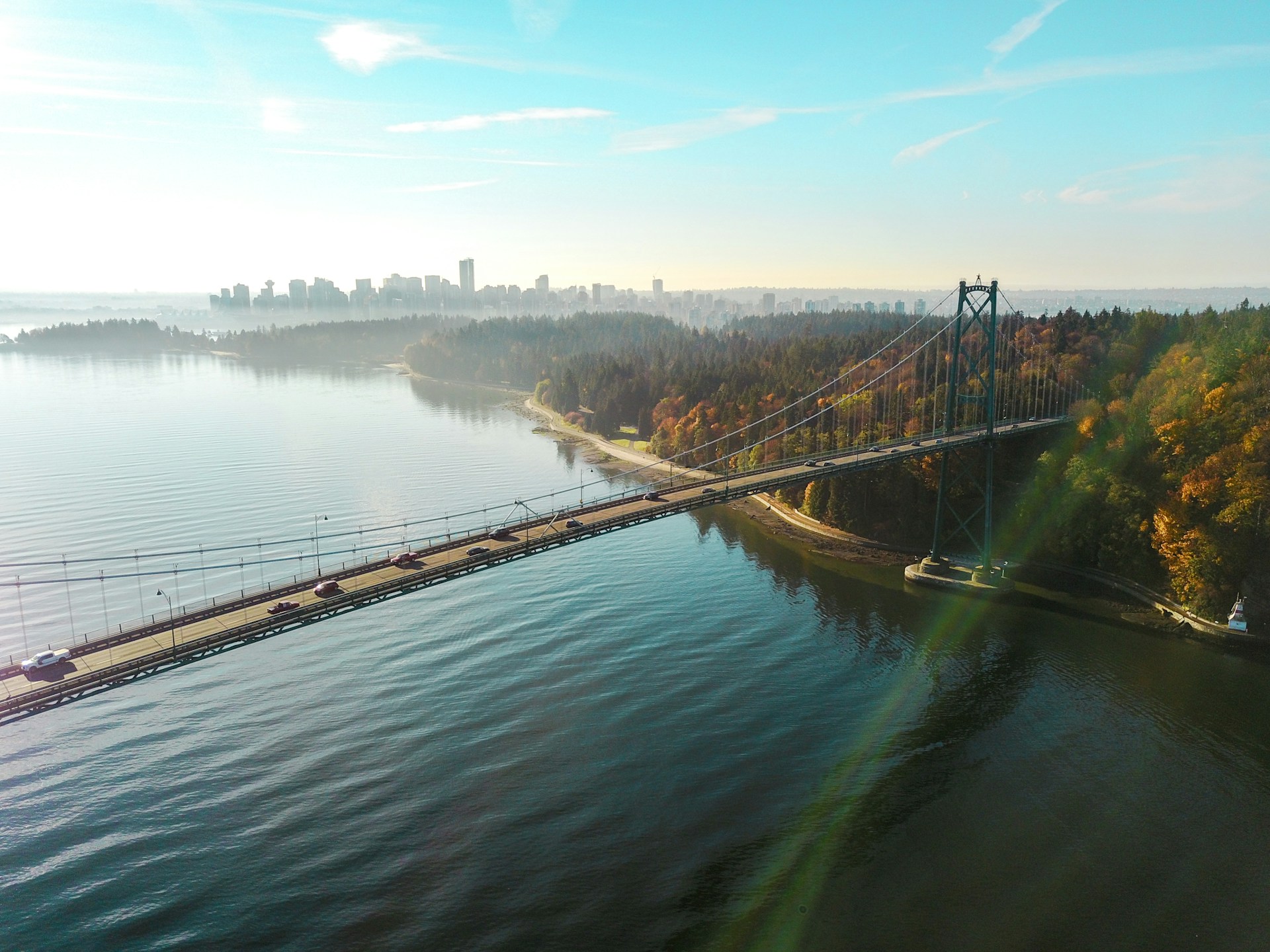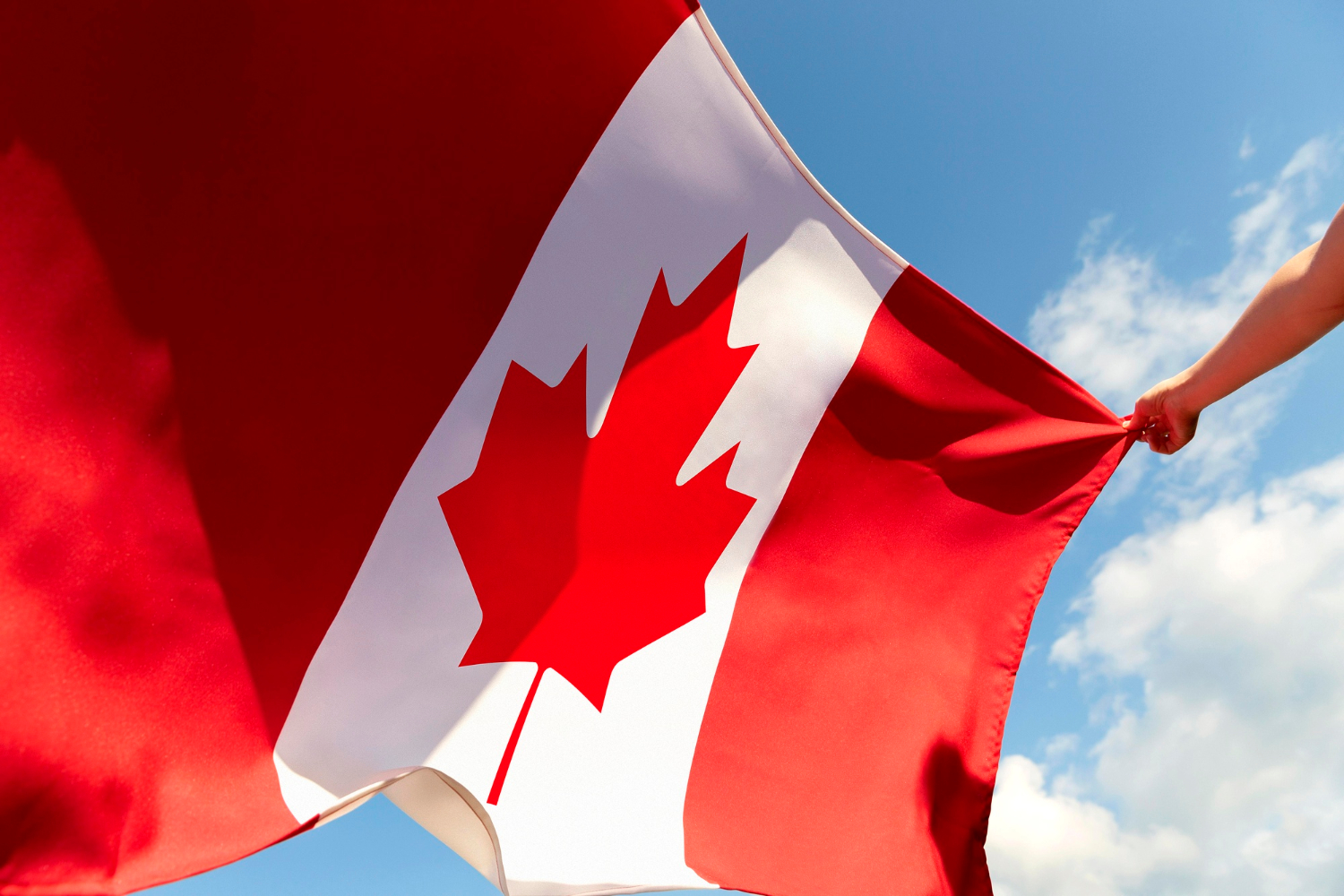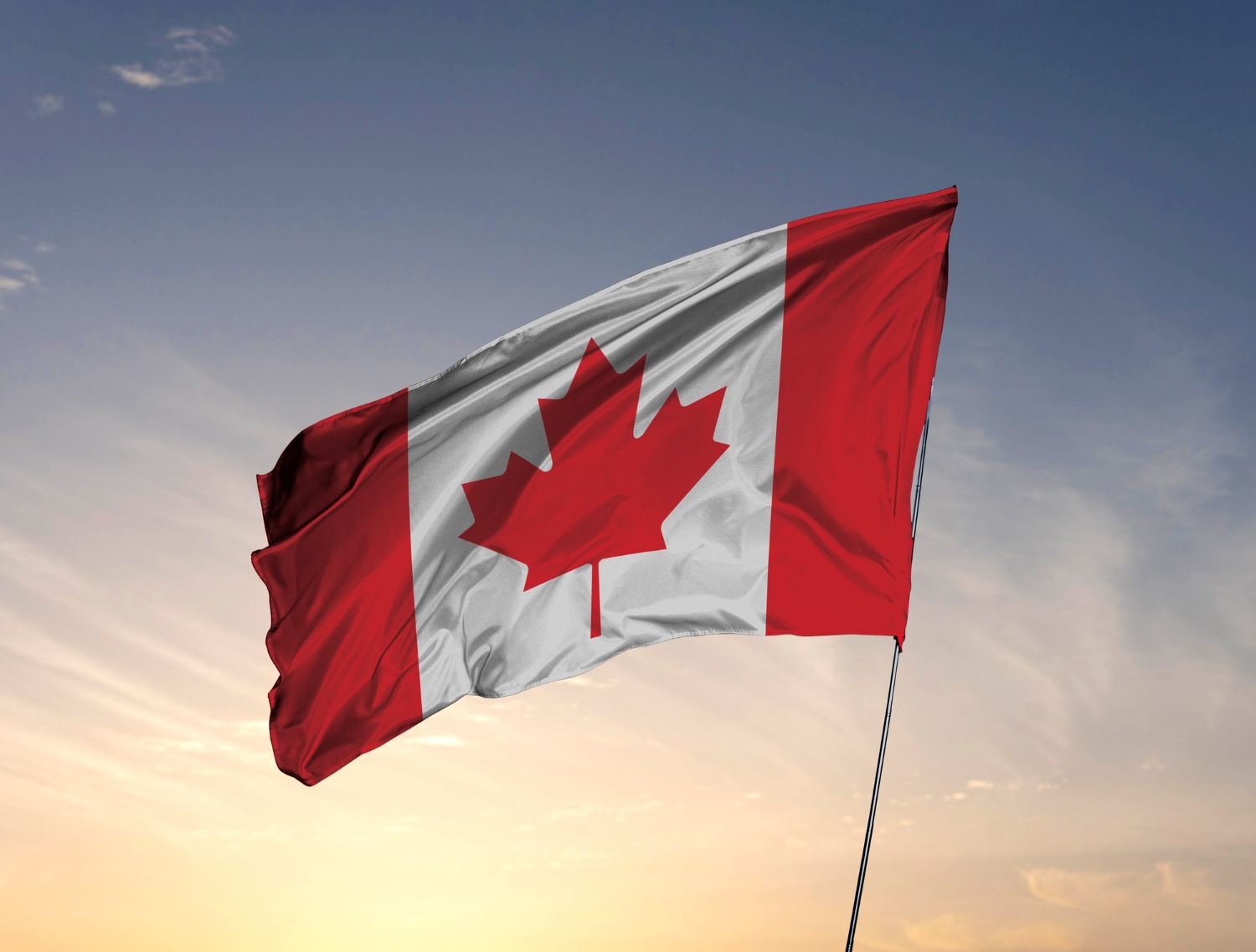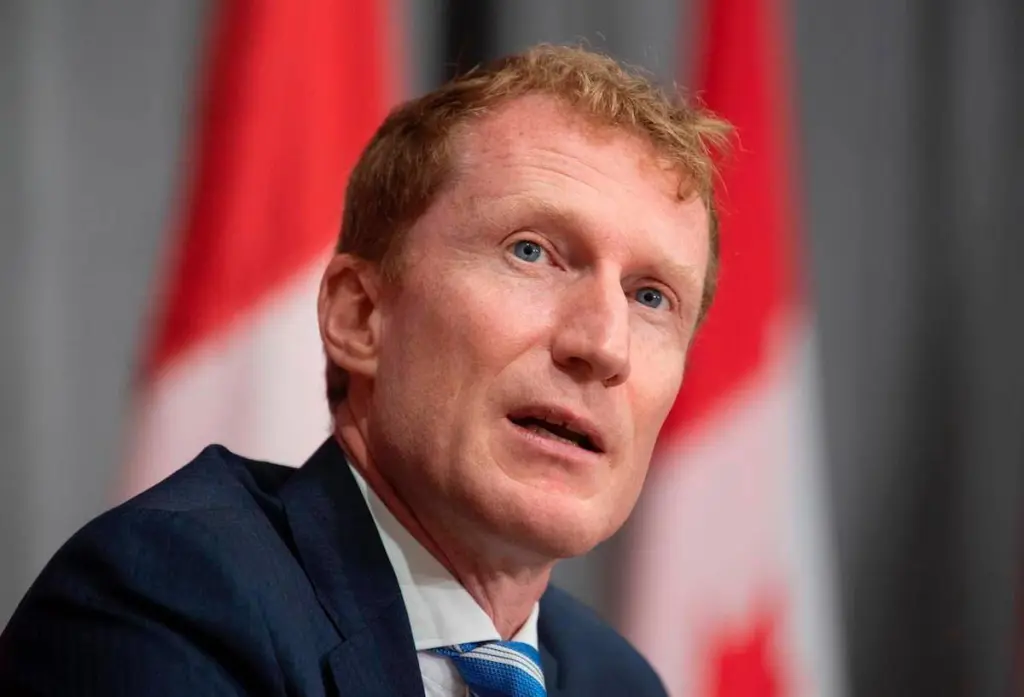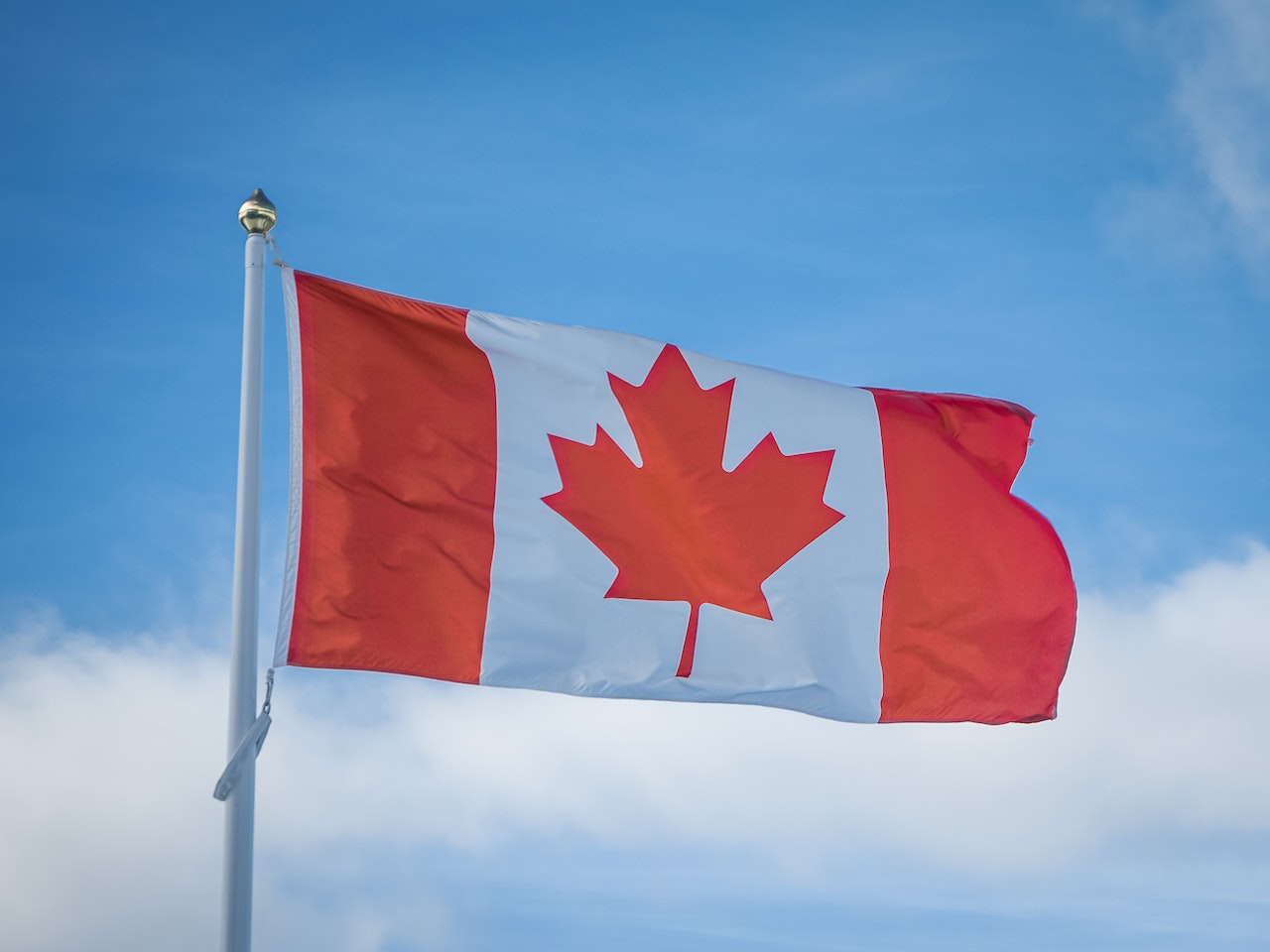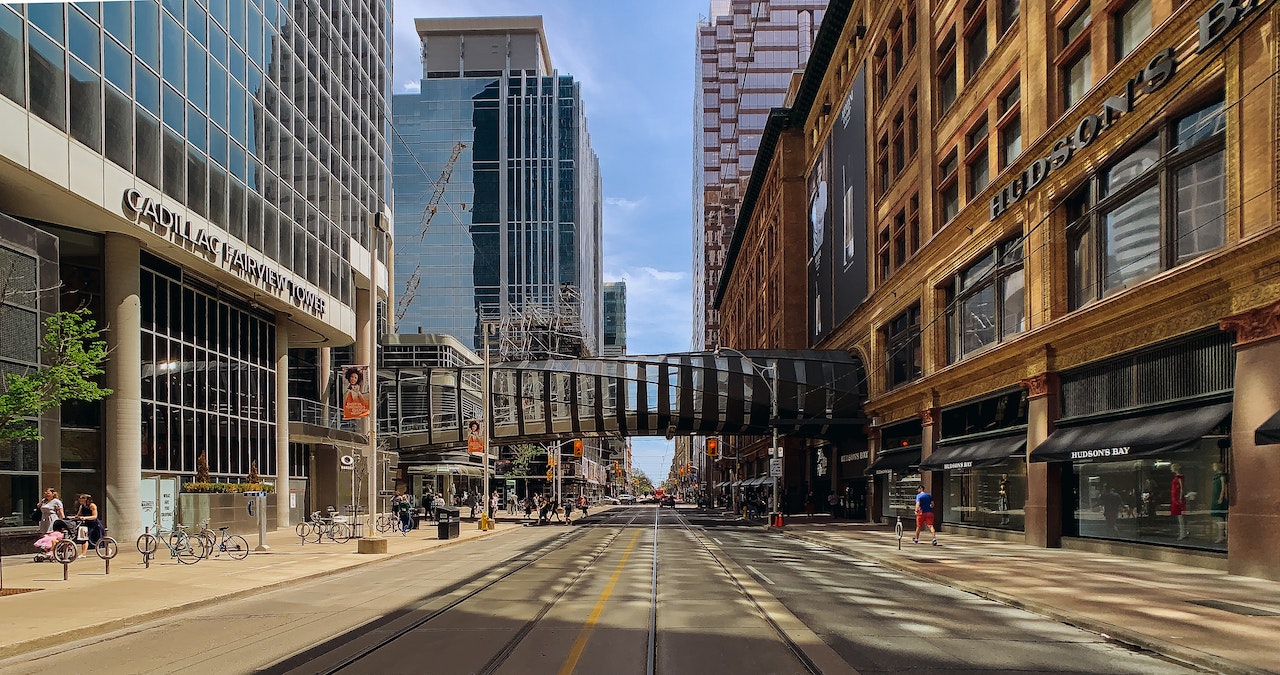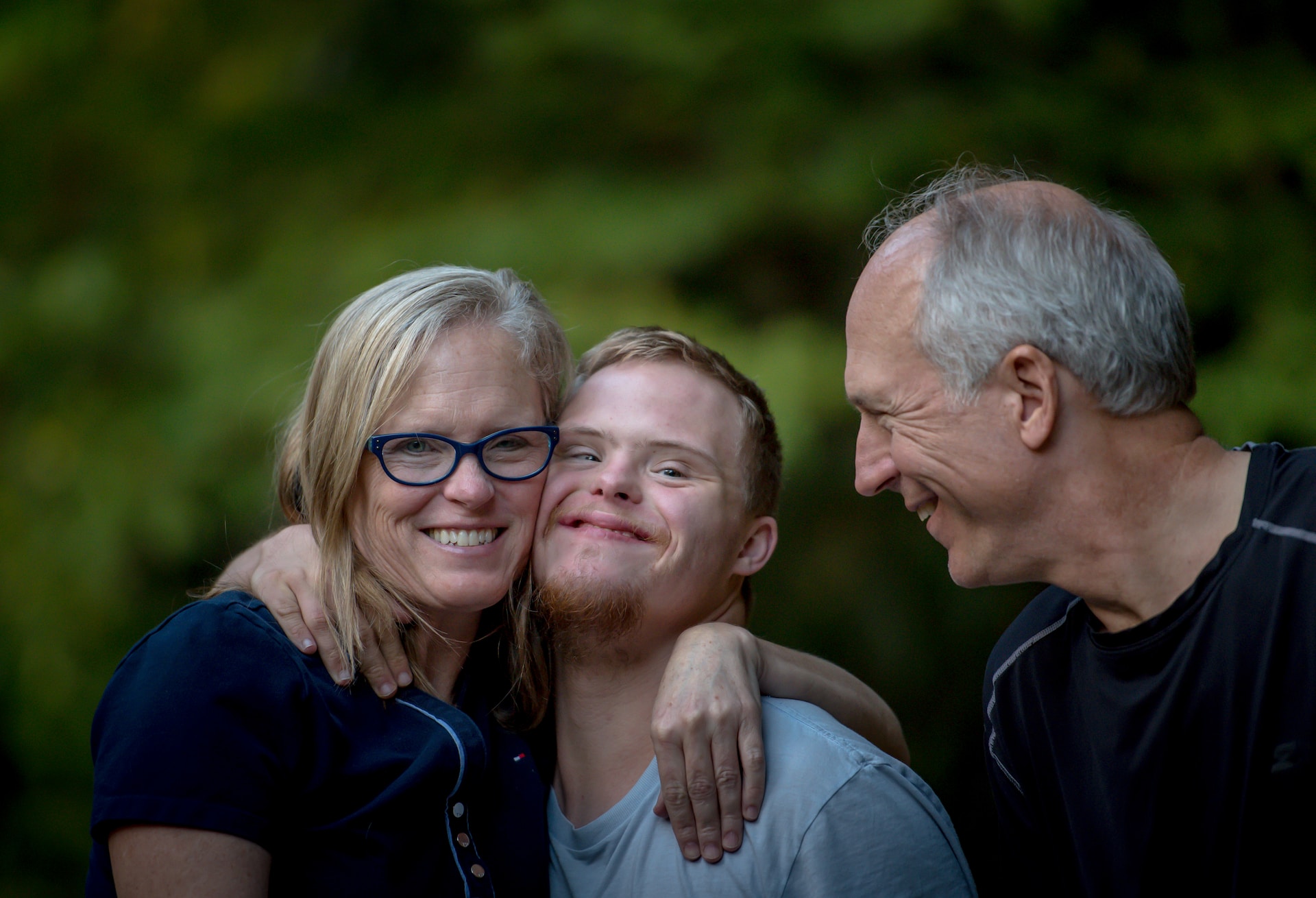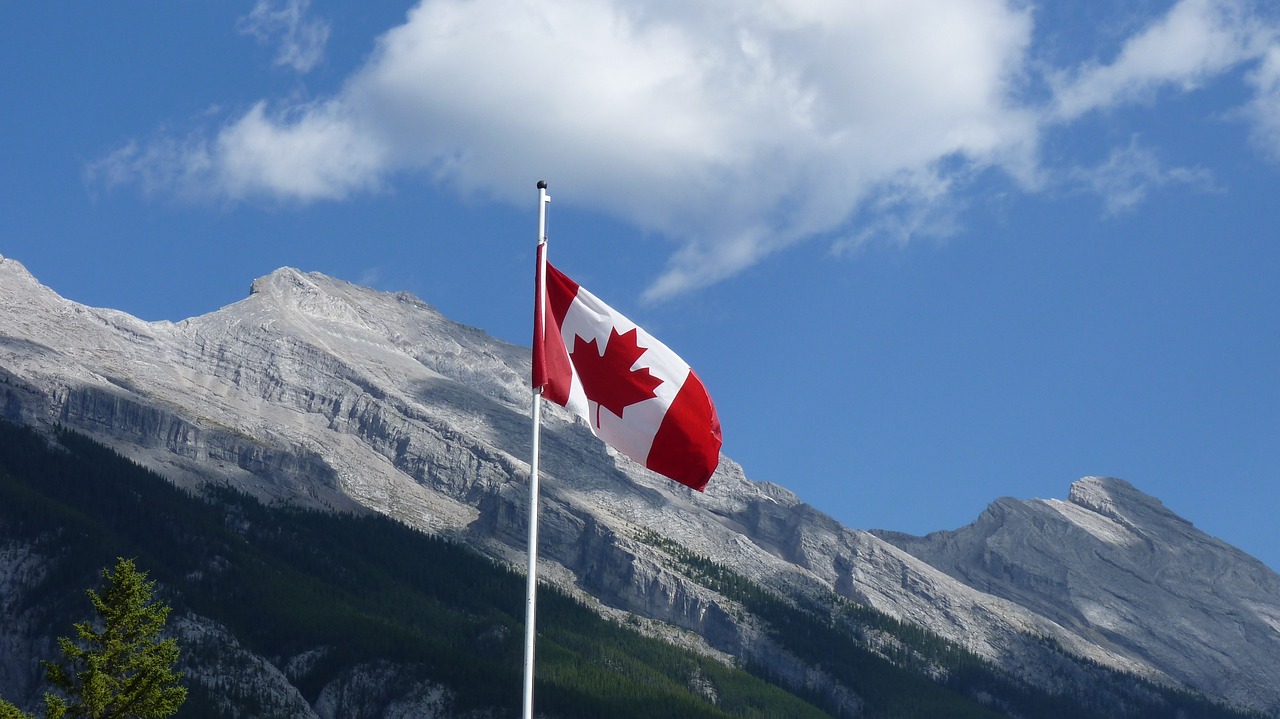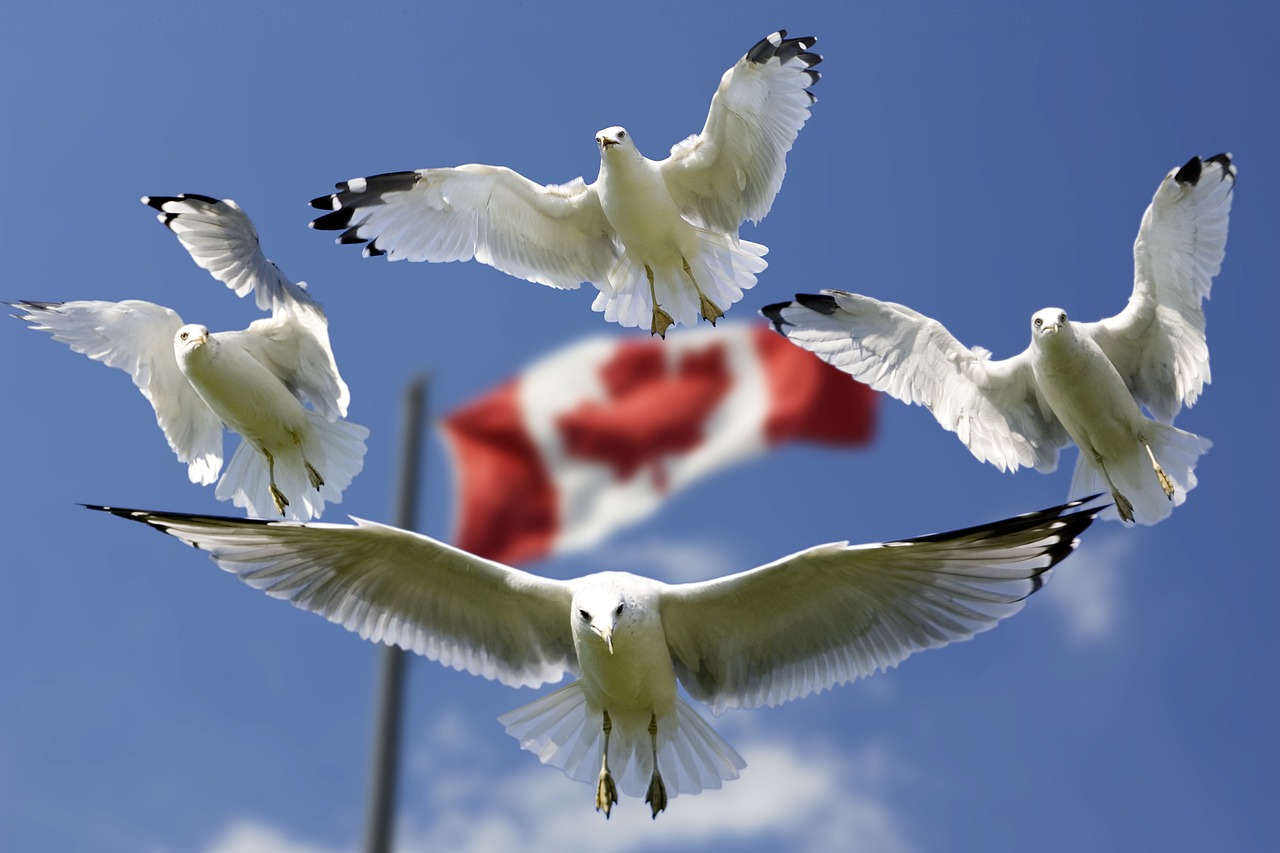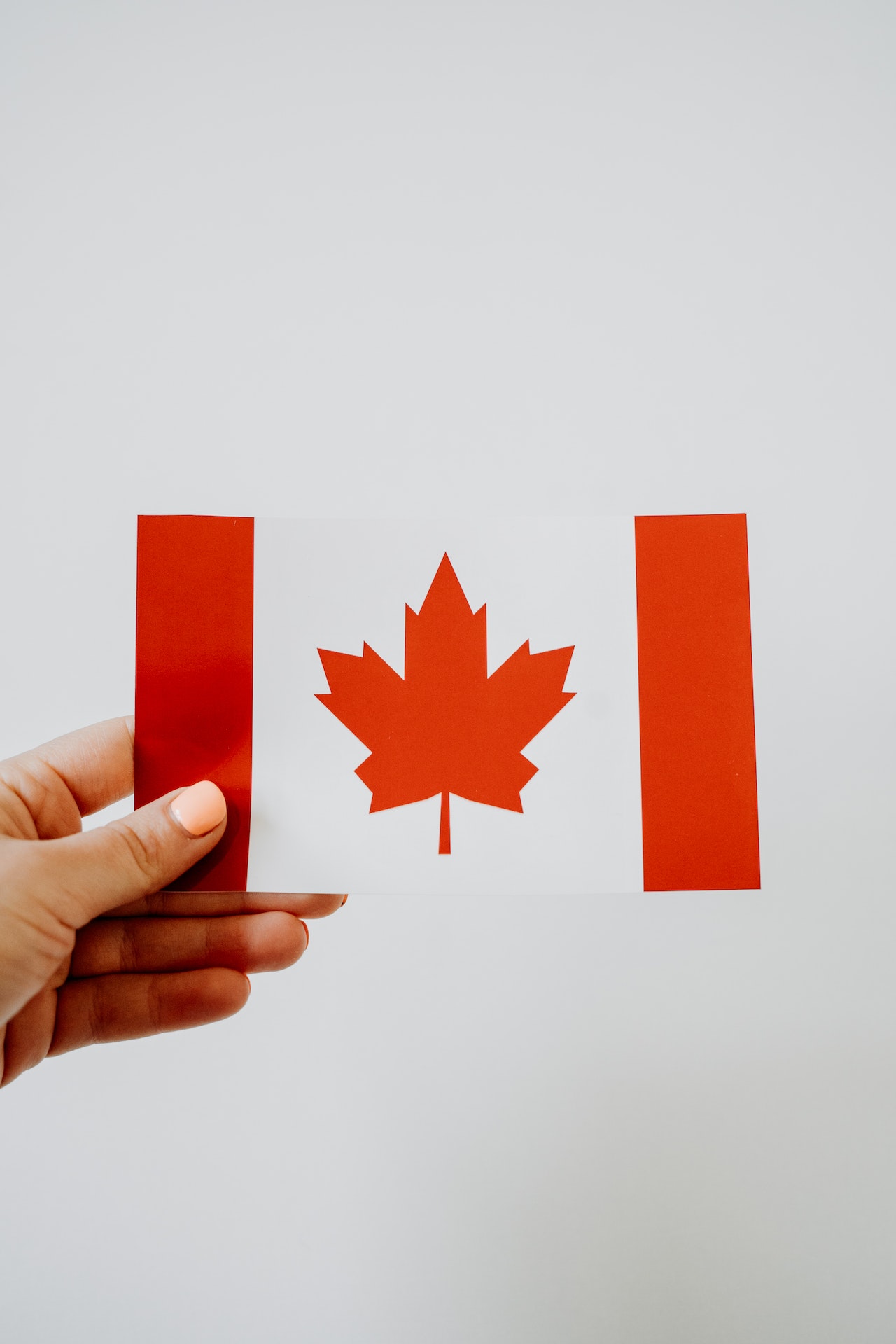
According to Immigration, Refugees and Citizenship Canada (IRCC), there are now slightly less than 2.1 million applications in the system than there were in December, a drop from over 2.2 million.
IRCC published revised data, which is valid as of January 2-3.
Since July 2021, the inventory across all business lines has developed as follows:
- January 2-3 2023: 2,152,220 persons
- December 3, 2022: 2,233,098 persons
- November 3, 2022: 2,411,389 persons
- September 30, 2022: 2,600,000 persons
- August 31, 2022: 2,583,827 persons
- July 15-17, 2022: 2,679,031 persons
- June 1-6, 2022: 2,387,884 persons
- April 30-May 2, 2022: 2,130,385 persons
- April 11-12, 2022: 2,031,589 persons
- March 15 and 17, 2022: 1,844,424 persons
- February 1, 2022: 1,815,628 persons
- December 15, 2021: 1,813,144 persons
- October 27, 2021: 1,792,404 persons
- July 6, 2021: 1,447,474 persons
Existing Inventories
As of January 3, there were 301,388 candidates for citizenship, down from 314,630 on November 30.
As of January 2, there are 521,552 residents in permanent residences, up from 512,342 on December 2.
On January 3 as well, there were 1,329,280 people living in temporary housing, down from 1,416,125 on December 3.
As a result, there were decreases in two of the three main categories, with the temporary housing inventory seeing the biggest decrease with 86,845 fewer applicants than on December 3.
| Immigration Category | Persons as of January 2-3 |
| Permanent Residence | 521,552 |
| Temporary Residence | 1,329,280 |
| Citizenship | 301,388 |
| Grand total | 2,152,220 |
Express Entry and PNP inventories (2022)
As of January 2, 2022, a total of 48,409 candidates for Express Entry programs were in line, according to IRCC data. Since the report on December 2, 2022, when the number was 43,326, there has been a rise of about 5,000.
There has been an increase in the number of people applying for Express Entry programs overall, with 3,733 more people applying for the Canadian Experience Class and 1,869 more applying for the Federal Skilled Worker Program in the preceding month.
In July of 2022, IRCC started holding rounds of invites for Express Entry applicants from all programs. Because of IRCC’s difficulties to meet its service minimum of six months or less for Express Entry applications, draws were only held for participants in the Provincial Nominee Program (PNP) between September 21, 2021, and July 6, 2022.
It helped IRCC in decreasing the Express Entry backlog and restoring a six-month service standard for the candidates who received an invitation to apply as of July 6 thanks to the suspension of Express Entry invitations to Federal Skilled Worker Program (FSWP) and Canadian Experience Class candidates.
Every two weeks, Express Entry draws often take place. However, since November 23, 2022, there hasn’t been an Express Entry draw. When may candidates anticipate the next draw? Many reached IRCC for comment on multiple occasions but received no answer.
The PNP currently has 62,720 overall applicants in its database (base and enhanced applicants included), which is a negligible rise from the 62,343 individuals listed in the PNP inventory data from December.
Family Class Immigration Report
In comparison to December 3, 2022, when it was 127,091, the inventory for all family-class immigration programs decreased marginally to 125,631.
With 61,481 inventories, down 1,460 from 62,106 on December 2, 2022, the Spouses and Partners sponsorship program has one of the highest inventories of any business category.
52,960 people are currently listed in the Parents and Grandparents Program (PGP), compared to 53,770 people who were waiting for decisions in December.
Service Standards
According to the most recent data, which is from November 30 (IRCC’s webpage that maintains the overall inventory of applicants), 1.09 million applications are still pending.
With 1.2 million applications still pending as of October 31 according to data, IRCC cleared 110,000 applications from the backlog in November. This represents a lower drop than the 350,000 candidates that the IRCC rejected in September and October. Nevertheless, despite a rise in the number of permanent residency applicants currently in the inventory, the backlog is steadily decreasing.
Applications that are backlogged have not been handled according to service standards. These requirements specify the anticipated time frame, or target, for application processing. The time it actually takes the IRCC to process applications is different from the service standard. Backlog applications are those that are not processed according to the service level for their program.
IRCC strives to complete 80% of applications across all business lines within service levels that differ based on the application. For instance, the usual processing time for an Express Entry permanent residency application is six months. For various other economic class lines of business, it is even more time-consuming. As per the words of IRCC, the least service needed for spousal and kid family class sponsorship is twelve months.
Based on the type of application (job or study) and whether it was submitted from within Canada or overseas, temporary residency applications have service standards that range between 60 and 120 days.










